
- Locate A Dealer
- Request A Quote
- Owner’s forum
- Our partners
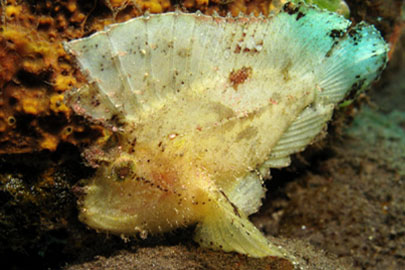
- Locate A Dealer Locate An Authorized Dealer Our licensed dealers will make the purchase of your next boat easy.
- Build your boat
- Blackfin advantage
- Warranty Promotion
- Savings Promotion
- News and Events
- Request a quote
- Request a brochure
- Request Parts & Service
- Request Factory Tour
- Locate a dealer

How to Acquire Your Boat Captain’s License in Florida
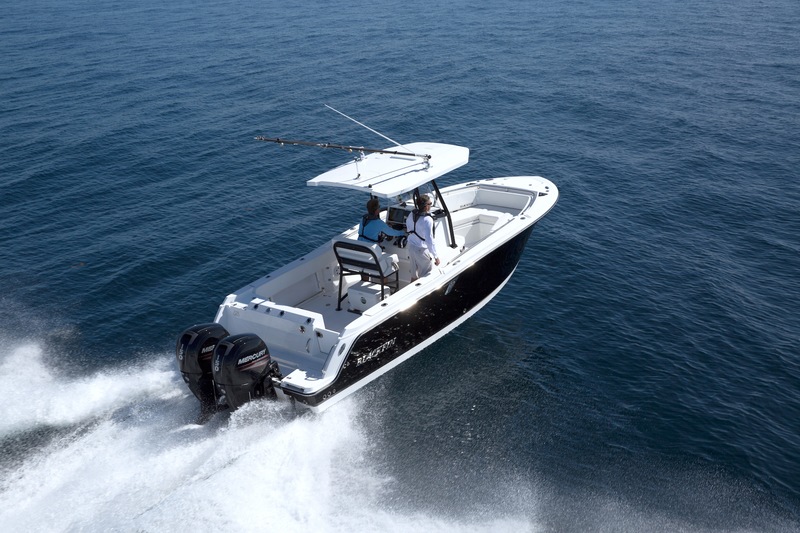
Are you looking to make some extra money or to live out your boating dreams? You could work as a paid captain, use your boat for charter, or simply enjoy the open seas while making money. However, to any of the listed you will need to acquire your boat captain’s license in Florida and we are here to help! While it may sound like a whole bunch of mumbo-jumbo it’s crucial to understand the requirements to attain your captain’s license. Let us jump right in!
The different kinds of Captain’s licenses
Most charters operators will need the 6-pack license which allows you to carry up to six paying customers on your fishing charters. Just like the master license, the 6-pack licenses have two different categories or ‘routes’ that are relevant for most charter boat captains: Inland and Near-coastal .
- Inland route: With the inland route you will be able to cover bays, rivers, and lakes.
- Near-coastal: This route covers everything that the Inland route covers, plus waters up to 100 miles offshore.
You should strive to attain your Near-coastal 6-pack license just because it covers everything you will ever need. If you want to carry more than six paying customers on a boat up to 100gt heavy and travel up to 200 miles offshore than you should strive for the Master’s license.
Requirements list
Let’s get to the point because you’re ready to attain this license and we have no time to waste! Here is a list of requirements you will need in order to attain your captain’s license.
- You need to make sure you spend enough time on the water. You will need signatures of witnesses that can attest you have spent 360 days as part of a crew on any vessel with at least 90 days in the last 3 years and a minimum of 90 days offshore as sea time.
- You will need to pass your coast guard exam. You can choose to attend a school that could cost you between $500-$800 but will teach you all you need to know to pass your coast guard exam or may provide you with another exam to replace the coast guard exam.
- Once you pass your coast guard exam you will need your United States Social Security Card.
- Proof of U.S citizenship or Green Card.
- Complete your application form (CG Form 719B)
- Once you complete your application, you will need to pay your application fee and provide proof that you have paid this fee.
- Proof that you have completed and passed your captain’s exam.
- A copy of your TWIC card and if your application to obtain your TWIC card is in process you can simply provide the necessary proof that you have applied. (TWIC is a background check conducted by the USCG to check the National Driver’s Registry Report.)
- You will need three reliable written character references.
- A medical certificate including recent vision testing, valid CPR and first aid certification.
- Document of a random drug test that you have taken in the last 6 months.
Waiting for your boat captain’s license
Once you have completed the necessary work to attain your boat captain’s license you get to play the waiting game. Although, you won’t be waiting months, you may wait only a week or two for the REC to review and forward your application to the National Maritime Center. When you receive your license make sure to look it over thoroughly to make sure that all of the information is correct.
When you receive your license make sure to do the happy dance because you have worked so hard and diligently to receive this license!
Bookmark & Share
User comments, be the first to comment on this post below.
| First Name | |
| Last Name | |
| Comments |
| Your Name: * | |
| Your Email: * | |
| Subject: | |
| Comments: * | |
Previous Article
- 5 Tips & Tricks to Fishing with Your Kids
Next Article
- Top 5 Tips for Buying Your First Fishing Boat
Popular tags on this blog
Most popular articles.
- The Blackfin 272CC ? Ranked Among The Very Best Fishing Boats of 2018!
- Blackfins new 33? debuts at the 2018 Fort Lauderdale International Boat Show!
- What is the Best Time to Buy a Blackfin Fishing Boat?
- 5 Reasons Why Blackfin Boats are Every Angler?s Dream!
- Center Console Boats Guide - Advantages & Benefits
- What To Expect From The Blackfin 242CC
Related Articles
- Top 10 Must-Attend 2020 Fishing Tournaments In Florida
- Fall Fishing In Florida: What?s Biting?
- Where To Take Your Blackfin Boat: The Best Fishing Spots In Florida
- Fishing The Bay-utiful Florida Panhandle
Discover Safer Boating, Experienced Captains, Comprehensive Courses With At The Helm Training
We make boating safe, one lesson at a time.
Nationally-Accredited Boating Curriculum & Partners
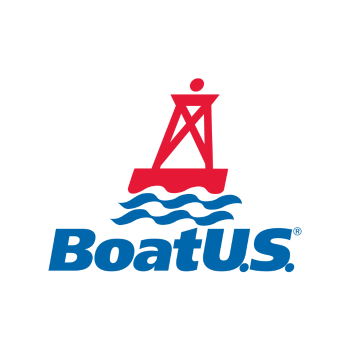
USCG Licensed Captains
At The Helm Training has over 50 licensed Master Captains as part of our team.
Our Services
Exemplary boating training & delivery solutions, 40 years of experience.
Leveraging a wealth of four decades on the water, we combine time-honored maritime wisdom with modern safety practices that sets the foundation for a proven training curriculum.
Nationally Accredited
Our curriculum is accredited by renowned organizations such as the BoatUS, National Safe Boating Council (NSBC), and the National Association of State Boating Law Administrators (NASBLA).
Hands-On Training
We believe the best way to learn boat safety is on the water - whether in your boat or ours, where we give you the practical skills needed for safe, confident navigation.
Boat Delivery & Relocation
Utilize our expert delivery service from anywhere across the U.S., Bahamas, or Caribbean , ensuring your vessel arrives securely to its destination.

Owner/Operator Training
Receive professional, hands-on training with our f ully-immersive course to operate your vessel safely and confidently.

On-Water Boat Handling Course
Receive professional, hands-on training - whether on your boat or ours - to operate your boat safely and confidently. This course is ideal for boats 18-40ft.
.png)
USCG Captains' License
Become a Licensed Captain with a simple, effective eLearning System backed by Mariners Learning System. No in-person testing with the Coast Guard is required! Just choose the course that interests you, and take the exam to earn your license online on your own time.

Why Choose At The Helm Training?
When you choose At The Helm Training, you're choosing a training program that's been tested, vetted, and deemed among the best in the country. You'll not only gain the skills needed to confidently navigate the water, but you'll also be grounded in the best practices that these leading institutions advocate for.
We bring together theoretical knowledge, practical skills, safety protocols, and real-world experience into a single, powerful training package that empowers you to operate your boat with confidence and skill.
Client Testimonials
What our customers are saying.
Stay Connected
Join our community.
Follow us on Instagram, Facebook, TikTok, YouTube, and LinkedIn!

For marketing and partnership inquiries: [email protected]
View this profile on Instagram At The Helm | Boat Training & Delivery (@ atthehelmtraining ) • Instagram photos and videos
Get In Touch
Ready to make waves.
Our expert team of USCG-licensed captains are ready to help you chart your course. Connect with us today!

- Bottom Painting & Prop Speed
- Fiberglass & Paint Work
- Running Gear & Valves
- Full-Service Team
- Monthly Maintenance Programs
- Dockside Service Team
- Full-Service Boatyard
- Management Services
- Accounting & Reporting
- Relevant Management Experience
- News and Media
Do You Need a License to Drive a Yacht?
Owning a yacht embodies luxury, freedom, and adventure on the open waters. However, amid the allure of yacht ownership, there's a critical aspect often overlooked—the necessity of possessing a valid yacht license. This article delves into why having a license to drive a yacht is indispensable for aspiring owners. But do you need a license to drive a yacht? The team at Yacht Management , a leading provider of yacht maintenance services, provides all the information you need to know here.
What to Know About Yacht Ownership

What to Know About Yacht Ownership As a leading yacht maintenance company, we understand that yacht ownership represents the epitome of luxury and an unparalleled sense of freedom in the realm of maritime indulgence. It embodies an aspirational lifestyle coveted by many, symbolizing not just a possession but being amid a world of opulence and unparalleled experiences.
The allure of owning a yacht extends beyond mere ownership. It encapsulates the spirit of adventure and the thrill of exploration on the open seas. Picture the sheer liberation of charting your course, unfettered by land-bound constraints, navigating through pristine waters to your chosen destinations. It's a lifestyle that harmonizes luxury with the freedom to explore remote coves, pristine islands, and exotic locales, all within the sanctum of your private vessel.
Yacht ownership is more than a status symbol; it's a gateway to a unique way of life where one can escape the ordinary and immerse oneself in the extraordinary. The sensation of being surrounded by boundless azure horizons, the sun painting the sky in hues of gold during sunset cruises, and the gentle rhythm of waves against the hull—all contribute to an unmatched sense of liberation and tranquility.
Owning a yacht brings unparalleled freedom, allowing one to embrace the spontaneity of travel and the luxury of seafaring without limitations. It's an embodiment of personal expression, where the yacht becomes an extension of one's identity, reflecting individual tastes and desires amidst the vast expanse of the ocean.
Being a yacht owner is not solely about possessing a magnificent vessel; it's an invitation to a lifestyle where luxury, adventure, and the boundless freedom of the seas converge, creating an experience that transcends the ordinary and defines the extraordinary. But do you need a license to drive a yacht and make the lifestyle your everyday experience?
Why Having a License for a Yacht Is So Important
There is more to know beyond answering the question, "Do you need a license to drive a yacht?" Knowing why you want one to be in your possession is important. Below are some of the main points our yacht service experts want you to remember.
Legal Compliance and Regulations of a Florida Boating License
The operation of a yacht demands meticulous adherence to a myriad of legal frameworks and maritime regulations. These encompass licensing requirements, registration obligations, and adherence to safety standards stipulated by international and regional maritime bodies. Understanding and complying with these legal mandates is not merely a formality. It is the cornerstone of responsible yachting. Moreover, a profound comprehension of maritime laws ensures the safety of all onboard, mitigating risks and fostering a secure environment for crew and passengers alike.
Mastery of Navigation at Sea
Navigating a yacht presents unique challenges that demand a comprehensive grasp of navigation techniques. Unlike land-based travel, yachting requires proficiency in understanding nautical charts, interpreting weather patterns, and employing navigation tools specific to maritime environments. Mastering these skills is imperative for ensuring safe passage, efficient handling of the vessel, and the ability to navigate diverse and often unpredictable waterways.
Handling Emergencies at Sea The vastness of the seas brings with it the potential for unforeseen emergencies. From inclement weather conditions to mechanical failures, being equipped to address these difficulties is non-negotiable. A thorough understanding of emergency protocols, swift decision-making in crisis scenarios, and possessing the skill set to manage emergencies effectively are paramount. Whether it involves first aid proficiency, knowledge of distress signals, or executing evacuation procedures, preparedness is vital to ensuring the safety and well-being of everyone aboard. Do you need a license to drive a yacht and handle these emergencies? The experience comes with the practice that only a license will present to you.
Obtaining a license to drive a yacht extends far beyond a legal requirement. It embodies a commitment to safety, proficiency, and responsible seamanship. Mastery of maritime laws, navigation skills, and preparedness in handling emergencies form the bedrock of a conscientious and adept yacht operator, ensuring not just compliance but also the safety and security of all involved in the yachting experience.
The Process of Obtaining a Florida Yacht License "Do you need a license to drive a yacht?" This question often marks the outset of one's journey toward navigating the world's waters aboard one's own vessel. Addressing this query initiates a multifaceted process involving stringent prerequisites and comprehensive training to ensure the mastery of essential skills integral to responsible yacht operation. Our yacht care professionals are masters in all things related to navigation. Here, they present things you must know when you are undergoing the process of obtaining your license.
Florida Boat License Requirement and Training Acquiring a yacht license requires fulfilling specific prerequisites that vary depending on the region and the license type sought. Typically, applicants must meet age requirements, undergo a thorough medical examination to ensure physical fitness and complete a specified number of logged sea hours. A fundamental understanding of maritime laws and navigation principles is also essential through formal education or training courses.
Training programs for yacht licensing encompass a comprehensive curriculum covering seamanship, navigation techniques, safety protocols, and emergency procedures. These programs, often conducted by certified maritime institutions or accredited training centers, offer theoretical instruction complemented by practical, hands-on experience aboard vessels. They equip aspiring yacht operators with the knowledge and skills necessary to navigate, operate, and manage a yacht proficiently and safely.
Variations of the License for Boating in Florida Yacht licenses vary in scope and designation, catering to different yacht sizes, navigational zones, and purposes. Common categories include licenses for recreational yachts, commercial vessels, and specific endorsements for operating in coastal or open waters. Licenses may also differ based on propulsion systems, accommodating both sail and motor yachts. The scope ranges from inland waterways to unrestricted navigation in international waters, reflecting varying degrees of competency and experience required for each category.
Beyond the fundamental yacht license, endorsements or supplementary certifications augment an operator's skill set. These endorsements often focus on specialized areas such as offshore sailing, handling specific types of vessels, or certifications in advanced navigation techniques. Additionally, safety and first aid, radio operation, or environmental stewardship certifications further enhance an operator's capabilities and preparedness, ensuring a comprehensive skill set for navigating diverse yachting scenarios.
Obtaining a yacht license involves meeting prerequisites, undergoing rigorous training, and selecting the appropriate license category tailored to one's yachting ambitions. Furthermore, pursuing endorsements and supplementary certifications enriches an operator's proficiency and preparedness, ensuring a well-rounded skill set for navigating the complexities of yachting.
Get in Touch With a Leader Among Yacht Maintenance Companies
Do you need a license to drive a yacht? Yes! It won't only prove essential in legal and regulatory matters. It will also provide the necessary experience and practice to captain a vessel confidently.
But if you're seeking a partner to care for your watercraft, don't settle for just any South Florida yacht maintenance company. Team up with the experts at Yacht Management for unmatched care. If you're interested in learning more, feel free to reach out to our team today or call our team directly to speak with a representative today.
Be sure to also take a look at our yachting blog for a deep dive into several topics our professionals regularly cover. Take your yachting experience to the next level with the help of seasoned experts who call the ocean home and their clients a commitment to excellence that will be met.
Related Readings:
- A Beginner’s Guide to Boat Navigation
- The Art of Luxury Yacht Provisioning
- Reasons to Hire a Boat Captain

For all inquiries, fill out the form below and a member of our team will respond as soon as possible

- OUPV/SIX-PACK CAPTAIN'S LICENSING
- 25/50 OR 100 TON-MASTER CAPTAIN'S LICENSING
- LICENSE ENDORSEMENTS
- ALL USCG CAPTAIN'S LICENSE COURSES
- MARINERS CREW
- MARINERS SKIPPER
- MARINERS MASTER SKIPPER OF POWER
- MARINERS MASTER SKIPPER OF SAIL
- MARINERS MASTER SKIPPER OF POWER AND SAIL
- ALL RECREATIONAL COURSES
- FCC MROP - MARINE RADIO OPERATOR PERMIT
- FCC EXAM PACKAGE DEALS
- FCC INDIVIDUAL EXAMS
- FCC PRACTICE TEST BOOKS
- CAPTAIN'S LICENSE GUIDES
- FCC LICENSE GUIDES
WHY OUR STUDENTS SUCCEED
- MLS LEARNING TOOLS
ONLINE TESTING
- AMERICAN HERO FUND (ID.ME)
- LICENSING GUIDES
HOW TO VIDEOS
HELP CENTER
- 24/7 LIVE TECHNICAL SUPPORT
- MARINERS LIFE
- MARINERS GEAR
Do You Need a Captain's License to Drive a Boat in Florida?

Tags: Captain's License Florida What Captain's License Do I Need? Drive a Boat
You do not need a captain's license to drive a boat recreationally in Florida. In most cases, the state will require you to pass a “safe boaters'" course/exam and possess the certificate of passing. Generally, this is obtained on a local or state level. However, If you are looking to operate professionally, i.e., take on paying passengers, then a USCG captain's license is required and is recognized on a federal level.
With Florida being a prime location for tourist attractions, this is a great opportunity for a licensed captain to make some extra cash.
You can offer many services in Florida with a captain’s license, such as:
| Sunset cruises in Key West | |
| Air boating to see gators or check out the Everglades | |
| Parasailing in Destin | |
| Snorkeling excursions in Crystal River |
Captains have also reported a discount on their yearly insurance premiums, anywhere from 10-30%, for holding a captain's license. Depending on the size of the boat or the nature of the work, some insurance companies may require you to have a captain’s license.
What's another perk?! The captain’s license you will receive from the USCG is not limited solely to captaining in Florida. This license is federally recognized and can be used anywhere within the United States, including US territories.
This gives a licensed captain the opportunity to offer jet ski dolphin tours near the Mangrove Islands of Estero Bay or run a fishing charter from Miami down to Puerto Rico!
Still on the fence? The consequences of running a charter trip or offering party boat cruises illegally in Florida can be significant. The Coast Guard can fine you up to $10,000 per occurrence, so we’d say the risk outweighs the reward.
Also, consider the safety and well-being of other passengers onboard. A captain's license will equip you with the knowledge and know-how to be a safe captain.
While you do not need a captain license in Florida if you are not taking on paying passengers, the benefits of having the license supersede the risks of operating without one.
To learn more or if you would like additional information, check out our videos or contact us at (609) 303-0664, M-F, 9 a.m.-5pm EST.
Select Different CTA for each Post from Blog Editor

Subscribe Here!
Posts by topic.
- So, You Want to be a Captain? (30)
- MLS Seamanship Series (20)
- Safe Boat Operations (7)
- Captain's License (4)
- Electronic Navigation (3)
- Marine Communications (3)
- Rules of the Road (3)
- 25/50/100 Ton Master License (2)
- Captains License Online (2)
- Coast Guard Captains License (2)
- OUPV/Six-pack (2)
- What Captain's License Do I Need? (2)
- Captain's License Course (1)
- Captain's License Exam (1)
- Drive a Boat (1)
- Florida (1)
- Great Lakes (1)
- How Long Does It Take? (1)
- Largest Vessel (1)
- Mariners Learning System (1)
- Real-life Story (1)
- Sailing (1)
- Towing Endorsement (1)
Latest Tweets
What captain’s license do i need to operate on inland waterways, can i sail a boat without a license, let us know what you thought about this post..
Put your Comment Below.

SUCCESS STORIES
MARINERS LEARNING TOOLS
VERIFIED CUSTOMER REVIEWS
24/7 LIVE TECH SUPPORT
MILITARY & FIRST RESPONDERS
REWARDS CLUB
GUIDES & INFOGRAPHICS
USCG LICENSE APPLICATION
USCG POLICIES & GUIDELINES
MARINERS SYSTEM CHECK
EDUCATIONAL PARTNERSHIP PROGRAM
TERMS & CONDITIONS
PRIVACY POLICY
REFUND POLICY
ACCESSIBILITY STATEMENT
CAPTAINS LICENSES
RECREATIONAL COURSES
FCC LICENSES
GET STARTED
PRODUCT FINDER
Copyright © 2024 ‐ Mariners Learning System™ All Rights Reserved.

Captain School Miami
Looking for a career on the water?? We provide h ands-on training on the water, in the classroom, and online. With the Captain School Miami and Captain School Key West you have choices!
The Captain School Key West is going global with choices in your Maritime Education! Introducing our Blended Learning Program! Now you can choose between Traditional Classroom Training , On-the-Water Training and Online Training or a combination of all! We now have locations in Key West, Miami and the Space Coast (Merritt Island).
Don’t have time to get your Captain’s License?? Not anymore!! Our USCG Approved Blended OUPV Course combines 30 hours online training and 27 hours classroom and on-the-water training! Yes, just three days and your ready to test with us!
We also have a budget-conscious Online Only course. Not sure if online training is for you? No worries! Y our $$$ is safe with us!! If you are not comfortable with the online instruction, you may roll your class fees into one of our traditional classroom courses (with $150 change fee and difference in class cost).
The Captain School Miami offers Coast Guard Approved Courses by Coast Guard Approved Instructors. You test with us! Our facility helps mariners navigate the maze of marine education and certification. We also offer a series of STCW certification classes to meet your International Certification needs!
We are mentoring the modern mariner!

U.S. Coast Guard Approved
Maritime training school, "we hold your hand till' it holds a license", in-person classroom.
Come to one of our many locations to get certified
Online Courses
Get certified at your own pace with our online system
Distance Learning
Want to be at home but still have instructor help? Try a distance learning course
Latest news

Set Sail for Adventure: Earn Your OUPV Captain’s License in the Keys
We are thrilled to announce a unique opportunity to earn your OUPV ‘6-pack’ Captain’s License in one of the most beautiful and historic locations in the Florida Keys. From October 5th through October 10th, Sea School is partnering with the Boy Scouts of America’s Florida National High Adventure Sea Base in Islamorada to offer an […]

STCW is coming to Panama City!
Sea School to Offer Maritime Institute of Technology’s STCW Basic Training in Panama City Panama City, [7/10/24] — Sea School is excited to announce that Maritime Institute of Technology’s STCW Basic Training courses will now be offered under the Sea School name in Panama City. Starting in late August, mariners can enroll in the STCW Basic […]

Simplify Your USCG License Application Submission with Sea School’s New Online Portal
Navigating the complexities of the U.S. Coast Guard (USCG) licensing process just got a whole lot easier! At Sea School, we are excited to announce the launch of our new online submission portal, designed to streamline the collection, review, and submission of your documents for a USCG license. No more back and forth – our […]
We have been in business for over 47 years with convenient locations along the Eastern Seaboard, Gulf Coast and the Caribbean.
Merchant mariner applications.
Are you looking to start your Merchant Mariner Application process? Sea School can help you through the process.
get in touch
Write to us, our courses.
Able Seaman
Active Shooter Response Training
Advanced Firefighting Revalidation
Apprentice Mate Steersman
Apprentice Mate Steersman – 2 Day Upgrade
Assist Towing
Assist Towing – Distance Learning
Auxiliary Sail
Auxiliary Sail – Distance Learning
Auxiliary Sail – Online
Basic & Advanced Firefighting Combination
Basic Firefighting
Bridge Resource Management
Flash Light Tutoring
Inland to Western River Routes for Towing Vessels
Launch Tender – Distance Learning
Launch Tender – Limited Master
Leadership and Managerial Skills
License Renewal (No More Than 200 GRT)
License Renewal (No More Than 200 GRT) – Online
OUPV – Captain’s License – Distance Learning
PSC – Proficiency In Survival Craft
PSC – Proficiency In Survival Craft – Refresher
QMED – Oiler
Radar Inland
Radar Observer Endorsement
Radar Observer Recertification
Ratings Forming Part of a Navigation Watch (RFPNW)
Rules of the Road
Tankerman Barge – PIC
Maritime Security Awareness
Maritime Security Awareness With Security Duties
Master / Mate 25-100 GRT
Master / Mate 25-100 GRT – Distance Learning
Master / Mate Upgrade 200 GRT / 500 GT
Visual Communication Flashing Light
Western to Inland Rivers Routes for Towing Vessels
STCW Basic Training
STCW Basic Training – Renewal
STCW Basic Training – Revalidation
Son of a Seacook – Cooking School
CPR and First Aid
Captain’s License – OUPV
Captain’s License – Online (OUPV)
Crisis Management and Human Behavior
Crowd Management

How to Get Your Captain’s License –A Step-by-Step Guide
From captain requirements to the coast guard application process – how to navigate the process of becoming an official boat captain.
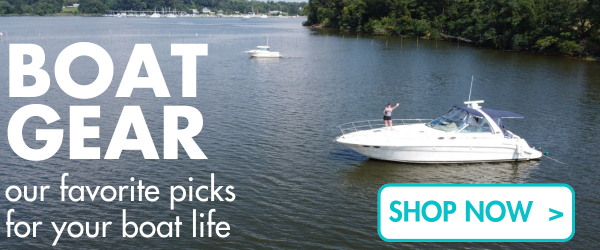
Like all other areas of professional endeavor, getting a Captain’s license is an essential and non-trivial process. Despite the years between my earliest thoughts on having one and actually applying…or perhaps because of that time…I am quite proud to call myself Captain !
From the time I was Quartermaster aboard the Chesapeake Lightship back when she was berthed in Washington, DC, I had wanted to get my Captain’s license. We in her crew had plenty of sea time. The late Capt. Joe Murray, John Hart, and particularly Chris Krusa saw to it that each of us developed our skills and knowledge beyond the minimum that we needed for our jobs. We met collectively with a Coast Guard officer to explore the options for us all getting licensed; however, the wind was taken out of our sails so to speak when he told us that since most of us were not 18, we were not entitled to take the written exam.
I left that session crestfallen but I put it all behind me as I moved on with a career in research physics. Later, I learned that what the officer SHOULD have said is that if we had just waited (a few months) until we turned 18, we could have taken the exams. Years later, my problem was that I could not meet the requirement to have 90 days of sea time in the last 3 years. My employer would have more than frowned on my having been gone so often. And all of us had not even bothered to ask for sea service forms or letters to document our time on the Chesapeake.
Fast forward 34 years and serendipitous events led to my being able to get signed sea service forms for my time on the Lightship. Shortly thereafter, I became a boat owner WITH vacation time afforded to a very senior engineer in the company.
Long story short, I am Capt. Rob Chichester – 200 Ton Master with Auxiliary Sail and Assistance Towing Endorsements.
Navigating the path to a Captain’s license can be full of the brambles of regulations, forms, and oddly worded requirements. In this article, I will try to clarify the process and help interested skippers decide what type of license, scope, and tonnage they should pursue. Then I will discuss the application process and all the elements needed to assemble a successful license application package.
More Resources: If you would like a one-on-one consultation to have your specific questions answered on this topic or others related to boating, please sign up for 30 minute video consultation with me!
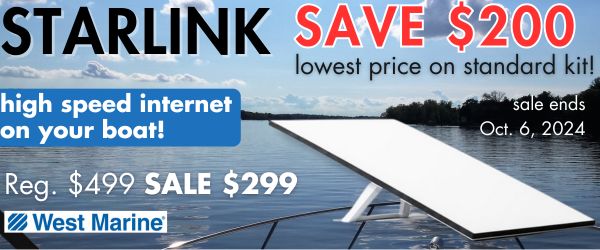
The Basics of a Captain’s License
A first time applicant will need to decide while type of license to pursue. There are two types available to one applying for a new license.
- You may apply for a license to be an Operator of Uninspected Passenger Vessel (OUPV) or the more familiar “Six Pack” license. It is so called because the holder of this license is limited to carrying no more than 6 paying passengers on any vessel within his tonnage rating regardless of the maximum capacity rating for the vessel.
- The other option is a Master’s license which allows you to carry up to the maximum number of passengers indicated for the vessel in question. Whereas a Master’s license requires US Citizenship, an OUPV license holder can be non-US citizen. Clearly holding a Master’s license offers more opportunities; however as I will explain later, the knowledge requirements are appropriately greater.
The scope or route for one’s license is the waters in which you are authorized to function in your licensed capacity.
There are effectively three such areas defined:
- The first is Inland which covers all inland rivers and bays not otherwise outside the demarcation line for the high seas. This may also include portions of the Great Lakes up to the International boundary line. (I will not explicitly discuss the Great Lakes or Western Rivers in this article but those waters are also covered by an Inland scope with a specific endorsement for each.)
- The second route is near-coastal which means ocean waters not more than 200 miles offshore. By extension, a near-coastal route endorsement includes inland waters as well.
- Lastly, Oceans refers to all waters seaward of the Boundary Lines as described in 46 Code of Federal Regulations (CFR) Part 7.
Tonnage rating is determined by the size vessels upon which an applicant has served. The tonnage is not simply the weight or displacement of a given vessel. It is not how much stuff you had loaded on a boat. It is a calculation of theoretical displacement if the complete available interior volume of a ship were filled with material of density 1 (i.e., water).
There are formulas available to estimate that based on the dimensions and type of boat. The calculations are necessarily different for a sailboat and a power boat. On a very rough order of magnitude, a 100 Ton powerboat would be about 80 feet long and a 100 Ton sailboat would be about 100 feet long. The tonnage rating is a not to exceed limitation.
One need not necessarily serve on a 50 ton or 100 ton vessel to earn the equivalent tonnage rating (see the table below for specifics on that). One cannot be granted more than a 100 Ton rating on an initial license because higher tonnage requires that one has served in a licensed capacity before applying for the higher tonnage. When I renewed my license in November, I applied for a 200 Ton rating which was granted conditional to my successfully passing the mandated written test. By the time you read this, I expect to have taken that exam.
Tonnage and route are determined by one’s documented experience. While you may apply for a 100 ton rating, you may only be granted 50 tons (or less) if your experience does not justify the higher rating. Additionally, the greater the scope, the more sea time is required to qualify for the rating.
For example, while an Inland scope needs 360 days of total sea time with 90 days in the last 3 years, a near-coastal scope requires 720 days and again the 90-day recency requirement. The take-away here is that experience is a big determinant and should NOT be discounted in any way. Note that there is no path to being granted an Ocean scope except by being a licensed mate or master for at least 2 years with documented service on those waters. That is, it is impossible to apply for an Oceans scope on a first application.
It should be noted that an OUPV license is automatically issued with a 100 Ton rating. As coarse as this may sound, the reason is that it is assumed that with an OUPV license, the most damage one can do is to 6 people. Therefore, there is no particular benefit to issuing OUPV with varying tonnage ratings. New Master’s licenses are issued with ratings of 25, 50, or 100 tons. Discussions of ratings over 100 tons or Ocean routes are beyond the scope of this article. You may contact the author if you wish more information on those specific topics.
The table below is a guide to determining for what rating one may qualify.
Your Sea Time Experience
For a Near Coastal route, ideally, all of your time will be on Near-Coastal waters; however, you are allowed to substitute up to half of the 720 days required minimum with Inland route service. For the purposes of documenting sea time for a Near Coastal route, any time served beyond the 3-mile limit counts for that purpose. So if you charter in the Caribbean or crew on an offshore fishing trip, that time counts.
Just to be clear, sea time is not counted unless you are a working member of the crew of the vessel named on the sea service form. That is to say, just being a passenger is not sufficient.
To keep things on the up and up, the applicant is required to get the signature of the owner, manager, or master of the vessel on the sea service form. If the applicant owns the identified vessel, proof of ownership must accompany the form. Proof might be a Bill of Sale, vessel document, or a state registration.
Sea time is not counted unless you spend at least 4 hours of a given day underway . Being onboard the boat at the dock swabbing the decks does not count. Time underway is counted whether it is in route or adrift. Being anchored or moored also does not count. It can be tedious to collect and collate all of your sea service forms, especially after the fact. My best advice is even if you are only thinking about getting a license, keep blank sea service forms with you for the vessel operator to sign at the end of a trip. Note that the forms are not per trip but per vessel. There is room to document up to 5 years of sea time on any given vessel. There is room for five years of data because your license will be up for renewal every 5 years .
Technically, vessels over 200 gross tons now require a Service Letter from the employer or vessel manager. However at the time I applied for my original license, I submitted my time on the Chesapeake Lightship on a Sea Service form (CG-719S). That form was accepted for that as well as again when I renewed and requested an upgrade to 200 Tons. I may have been grandfathered so new applicants should verify their individual situations with the National Maritime Center .
Health and Medical
To be a Captain, one must be in good health and of reasonable physical ability. The Medical form ( CG-719K ) is the most extensive form one will need to complete. It also requires the signature of a licensed physician. Unlike an FAA pilot’s license, the physician need not be approved by the US Coast Guard. Your family doctor is acceptable.
For my part, I completed as much of the form as was reasonable. I then FAXed the form ahead of my annual physical so that the doctor could review what was needed and to be prepared to sign off on it. The only extra thing the doctor had to do was conduct color vision and standard wall chart vision test. Your vision need not be perfect without glasses but if that is the case, you should expect a requirement to be written on your license requiring corrective lenses to be used and a spare pair to be available when on duty. If your medical form is accepted, you will be issued a separate medical form which is to be kept with your Merchant Mariner Credential. There is a pocket on the back cover to hold it and the required Transport Worker’s Identification Card ( TWIC ). The TWIC will be addressed below.
Another form to be completed, this time by an authorized physician, is the DOT five-panel drug test . An applicant must submit proof of drug testing with no findings as determined by an authorized physician. Also be aware that to work aboard any vessel in any compensated capacity, you must have proof of participation in a drug test program, whether it be one in which you elect to participate as an individual or one required by your marine employer. Such proof is to be carried with you at all times just as your license and medical certificate must be. It is generally in the form of a letter attesting to your compliance and passing a test within 12 months of the date of the letter.
Criminal and National Security Background
One has always been required to agree to a criminal background and driving record check . As you can well imagine, adverse findings in either of these areas will negatively affect one’s application.
With the creation of the Department of Homeland Security (DHS), a requirement was added that licensed mariners have a TWIC card . In fact, anyone working in the transportation sector (air, rail, marine, trucking, etc.) is required to have a TWIC card. You will be investigated for any evidence of threat potential to national security. This is because as a licensed Captain, you may have access to vital and strategic marine facilities.
The TWIC card is issued by DHS through a federal contractor. There is an application to complete and a fee to pay. Furthermore, you must appear in person so that your photo and fingerprints can be taken. This bio-metric data is stored on the TWIC card and protected by a pass code. You must submit a copy of your TWIC with your license application; therefore, one must start the TWIC process at least four to six weeks or more before submitting one’s license application.
Separately, a photograph of the applicant must accompany the application. This can be a driver’s license or passport photo . It should be a state or federal government issued document. Others may be accepted but the applicant should verify this with the NMC before submitting the application to avoid processing delays.
- Coastal Navigation
- Deck General Knowledge
- Rules of the Road
Deck General includes a wide variety of topics including fire and safety, terminology, and laws and procedures. Rules of the Road covers exactly what it says. Bear in mind that even if you are applying for an Inland or Near Coastal license, the Rules of the Road test will include elements of International Rules. So when you are studying, do not neglect to familiarize yourself with those details. There are some variations in vessel precedence, sound signals, and lights and shapes displayed by vessels.
If you are applying for a Master’s license, there are additional areas of test. The same is true if you are additionally requesting an endorsement for Sail, Auxiliary Sail, or Commercial Assistance Towing. The net effect is more questions overall.
You must score at least 70% in all areas except Rules of the Road for which you must have a minimum score of 90% to pass . Generally, that means you may miss no more than 3 questions to pass with a 90% grade. The Navigation questions will require you to work with a chart to plot position, routes, and so forth.
You may either pay an examination fee to take the exams administered by the Coast Guard or you may enroll in any number of approved Captains’ courses. You will receive a certificate of completion from the school to submit with your application in lieu of the Coast Guard exams; however, you will still take exams which include questions from the same list of questions that the Coast Guard uses. In the latter case, you will not need to pay an examination fee but obviously, you will have to pay a tuition for the course.
Completing your Application
The license application is not unlike many others. It is actually shorter than the medical form discussed earlier. There are two things to note on the application:
- Item 1 of Section IV describes how one may be asked to serve on behalf of the country in times of national emergency. An example of this was the massive sealift conducted in support of the first Gulf war in the 1980’s, Operation Desert Storm. This is a voluntary action. However it should be noted that during the call up for Desert Storm, more mariners were needed than responded. It is a possibility, particularly in these times, that another such national emergency could arise.
- Secondly, Item 5 of Section IV contains an oath to which an applicant must swear. If you present yourself in person you will be sworn in by Coast Guard personnel. If you choose to submit your application by mail or electronic means, you must provide proof that you appropriately took the oath as written. This generally means being sworn by a Notary or a local government official such as a county clerk.
Payment of all required application and examination fees is made online prior to submitting the application. You will receive a receipt which you should include with your application package. Pay close attention to the various fees and be sure you select all that apply but ONLY those that apply. An error either way will delay processing of your application.
Submitting your Application
When you apply for an original license and especially if you plan to take the Coast Guard exams , you will need to present yourself in person with your complete application package at a USCG Regional Examination Center (REC). Photo ID will be necessary as well.
One thing that happens if you appear in person is that you will raise your right hand and take the oath on the application. That was a very moving moment for me. Delivering your application package in person also allows you to interact with the personnel directly which could be very valuable if there are errors or omissions in your application package.
If you are not taking the Coast Guard exams and if you have been sworn by an authorized official, you may wish to submit your application by mail or electronically. Be aware that electronic submission has a limit on the size of the email attachment. My applications have always been larger than what is accepted by the Coast Guard mail servers.
Waiting for Your License
The Coast Guard has implemented a very good system of tracking your application and providing feedback at every step of the way. You will receive emails as the application moves through the system. It may take up to a week for the REC to review and forward your application to the National Maritime Center (NMC) in West Virginia. That was my experience with the New York City REC. It may be less in smaller, less congested venues.
By the way, you are not required to use the REC nearest to you. If you wanted to fly to Hawaii or Alaska instead of driving into Baltimore, you may do so. A good friend of mine drove from New Jersey to Boston to submit his application there because he heard the processing times were less than for New York.
Once the NMC has your package, the process usually will not take long at all. It is very likely you will receive 2 or 3 emails a day, often within minutes, as the application moves through the various approvals. Nothing beats the feeling you will have when you get the final email saying that you have been approved and your credential is being printed!
My original license took slightly more than two weeks from dropping off my application at Battery Park in New York to finding my MMC in my mailbox.
Once you get your license, look it over thoroughly. You may not necessarily have been granted the scope and rating you requested. Sometimes that reduction will be legitimate. Other times, it may be due to an honest mistake. Both my original and renewals had honest omissions. I was only granted a 50 ton rating on my original license when I had applied for 100 tons. I submitted the sea service form supporting the request for 100 tons after the fact and I received an endorsement sticker for the 100 ton rating a week later. Similarly with my renewal, I asked for an upgrade to 200 tons. My renewal was approved at 100 tons. When I contacted the NMC, they amended the approval and showed that I was then approved to take the required test for the 200 ton upgrade. So my message here is to not necessarily accept the delivered MMC as if it were carved in stone.
More Resources from Captain Rob
Being a licensed Captain is a great source of pride to me. I have enjoyed working with my clients as well as pursuing other commercial opportunities like relief captain jobs on various schooners, water taxi and tow boat jobs, and tour boat and ferry captain work. I look forward to many years of working on and enjoying the water.
If you would like a one-on-one consultation to have your specific questions answered on this topic or others related to boating, please sign up for 30 minute video consultation with me!

Recommended Reading
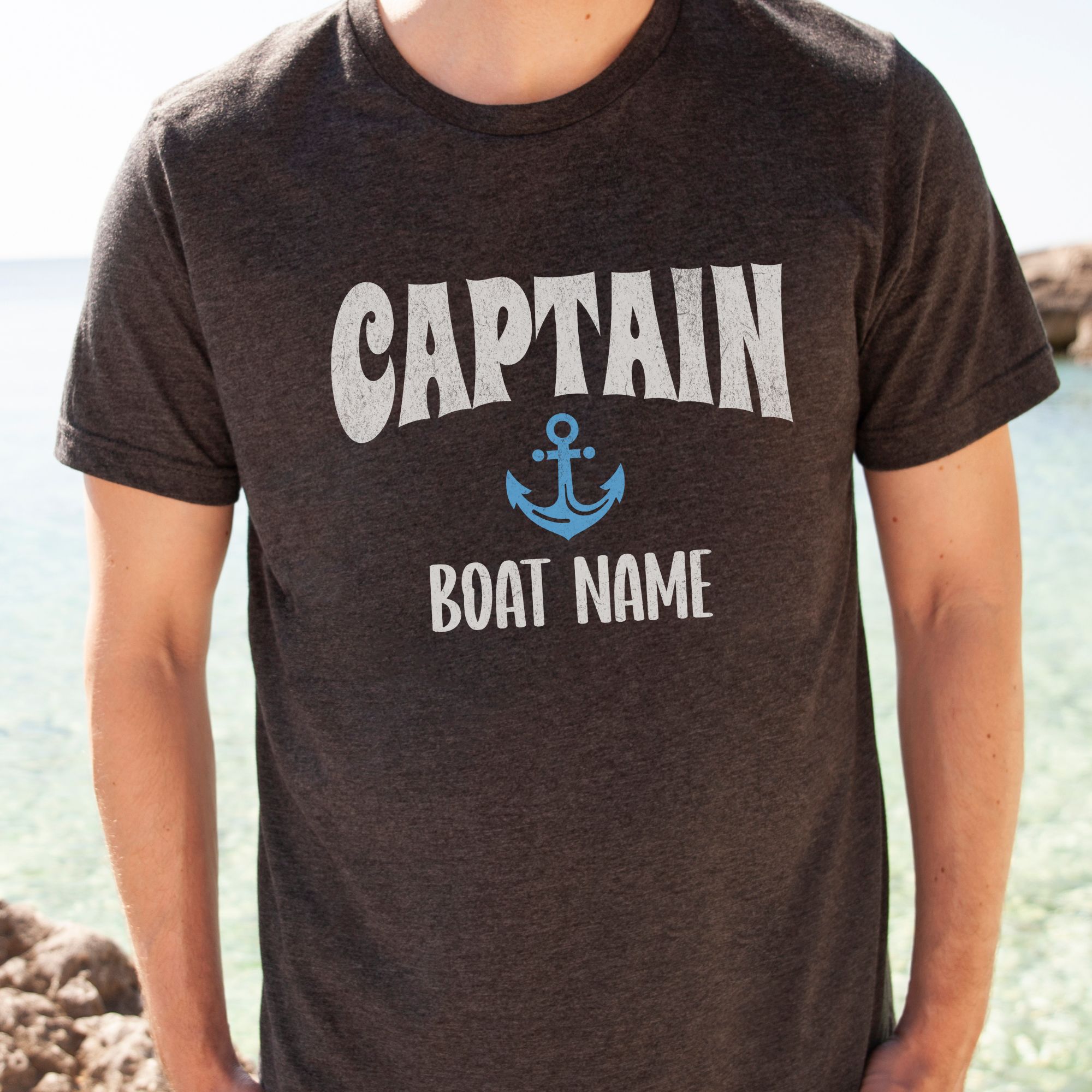
Captain Anchor Custom Boat Name Shirt
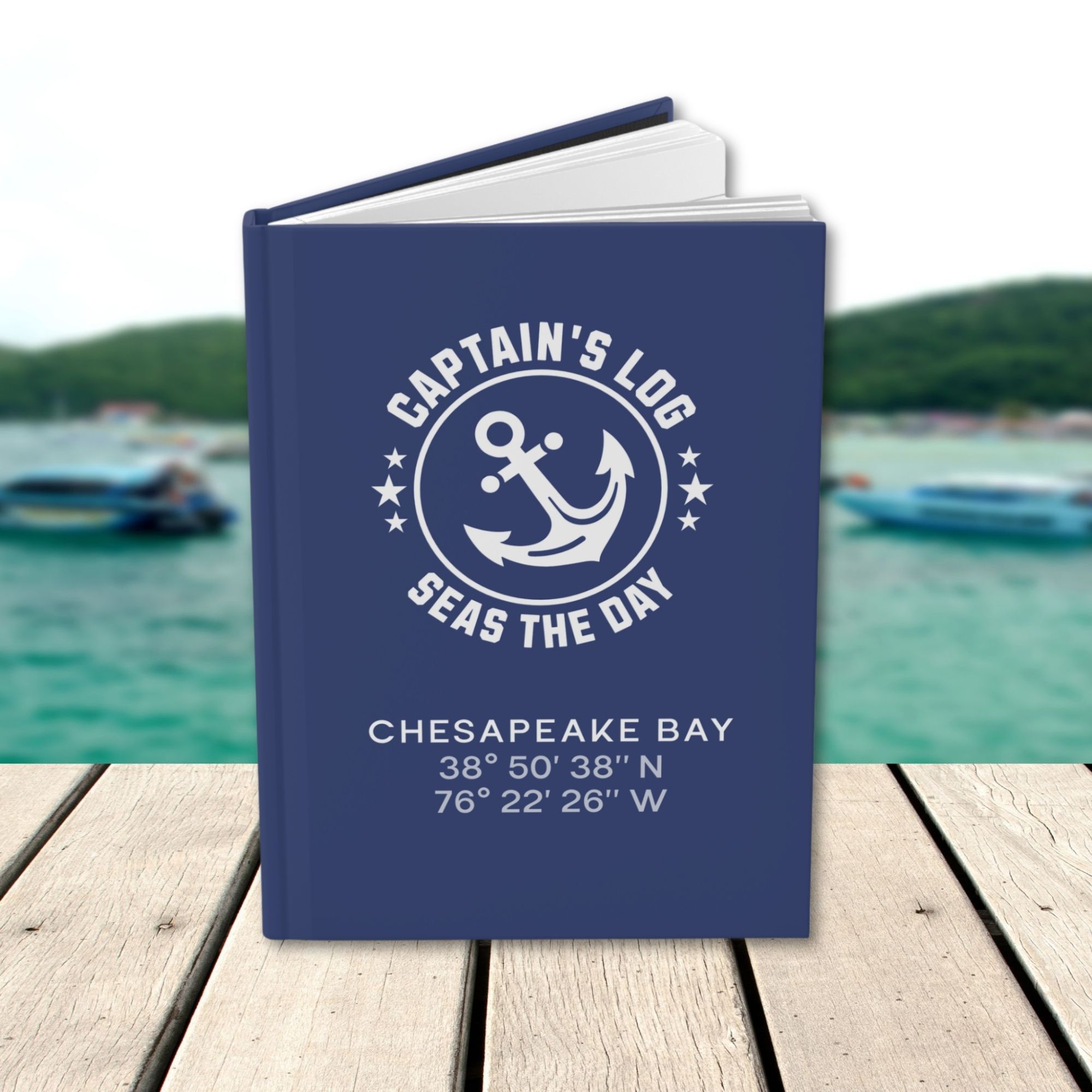

Captain’s Log Book Personalized with Boat Name – Anchor
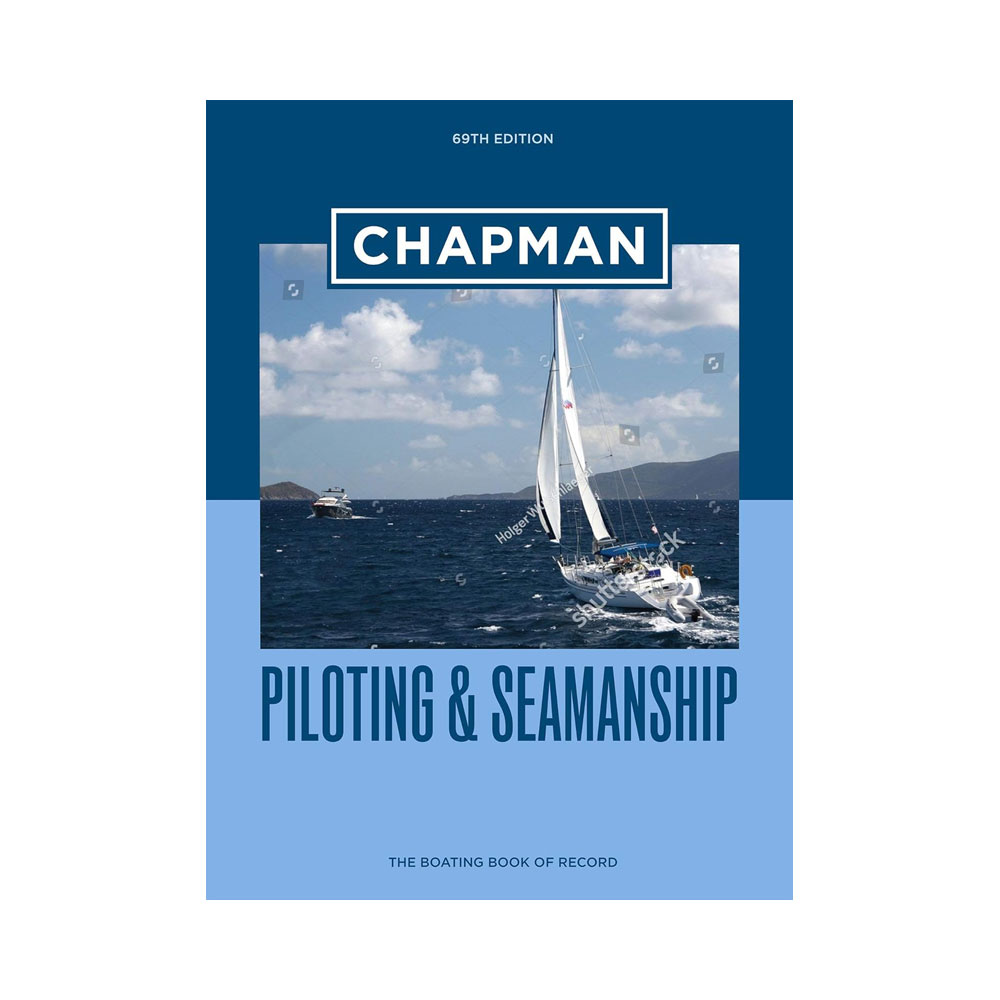
Chapman Piloting & Seamanship 69th Edition
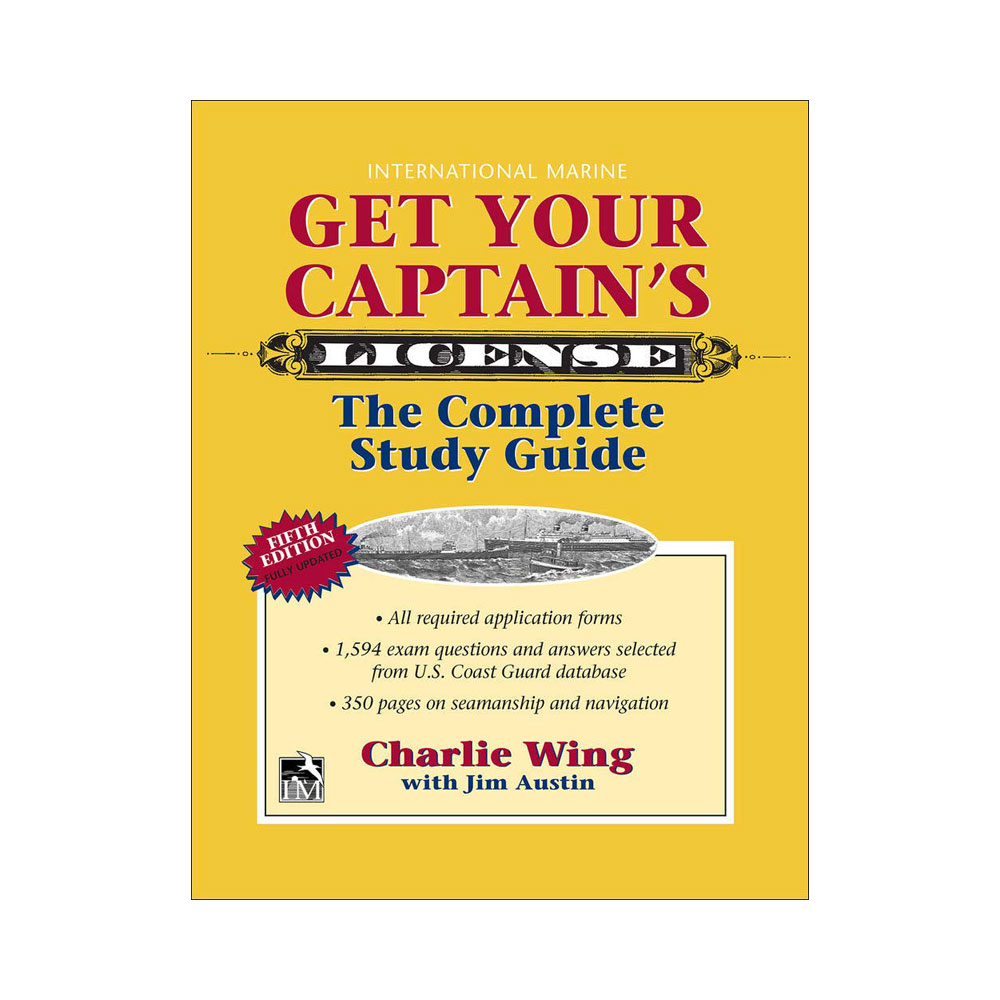
Get Your Captain’s License Study Guide
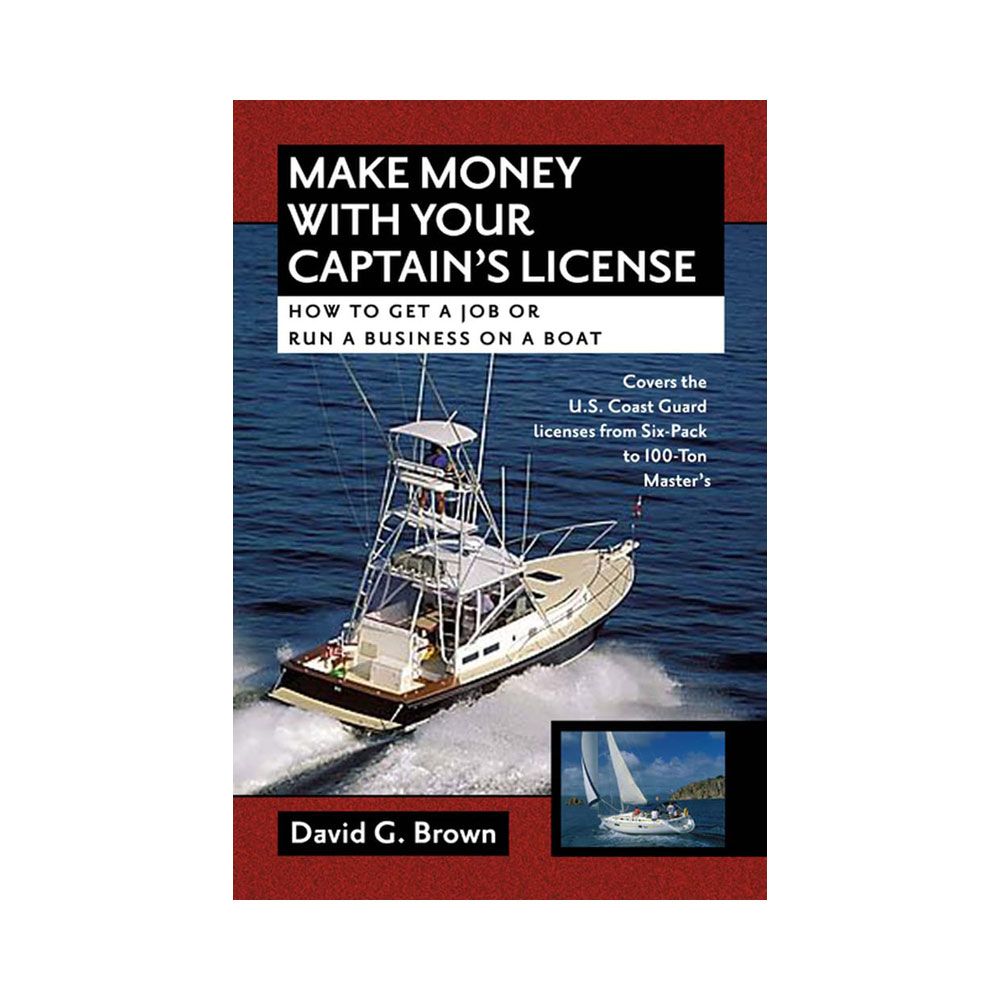
Make Money With Your Captain’s License Book
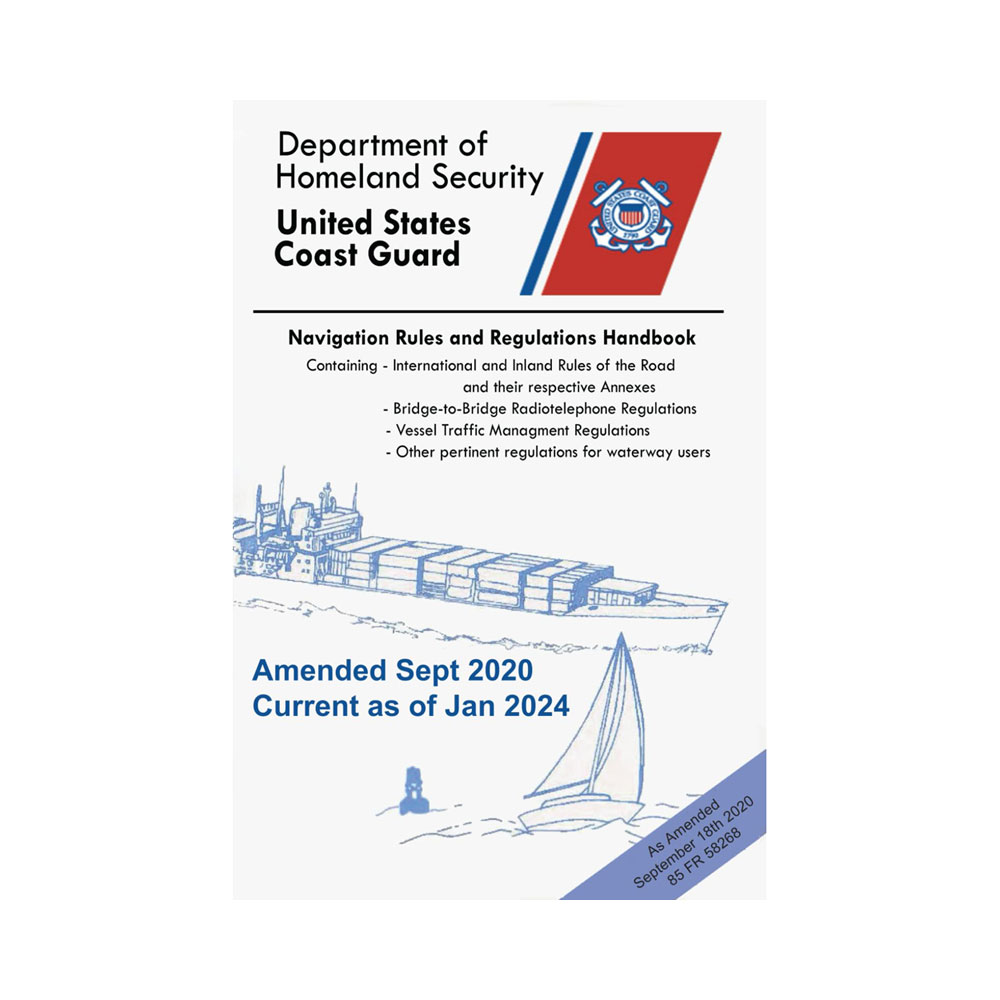
USCG Navigation Rules And Regulations Handbook
Trending now: must-have boat gear for your boat life.
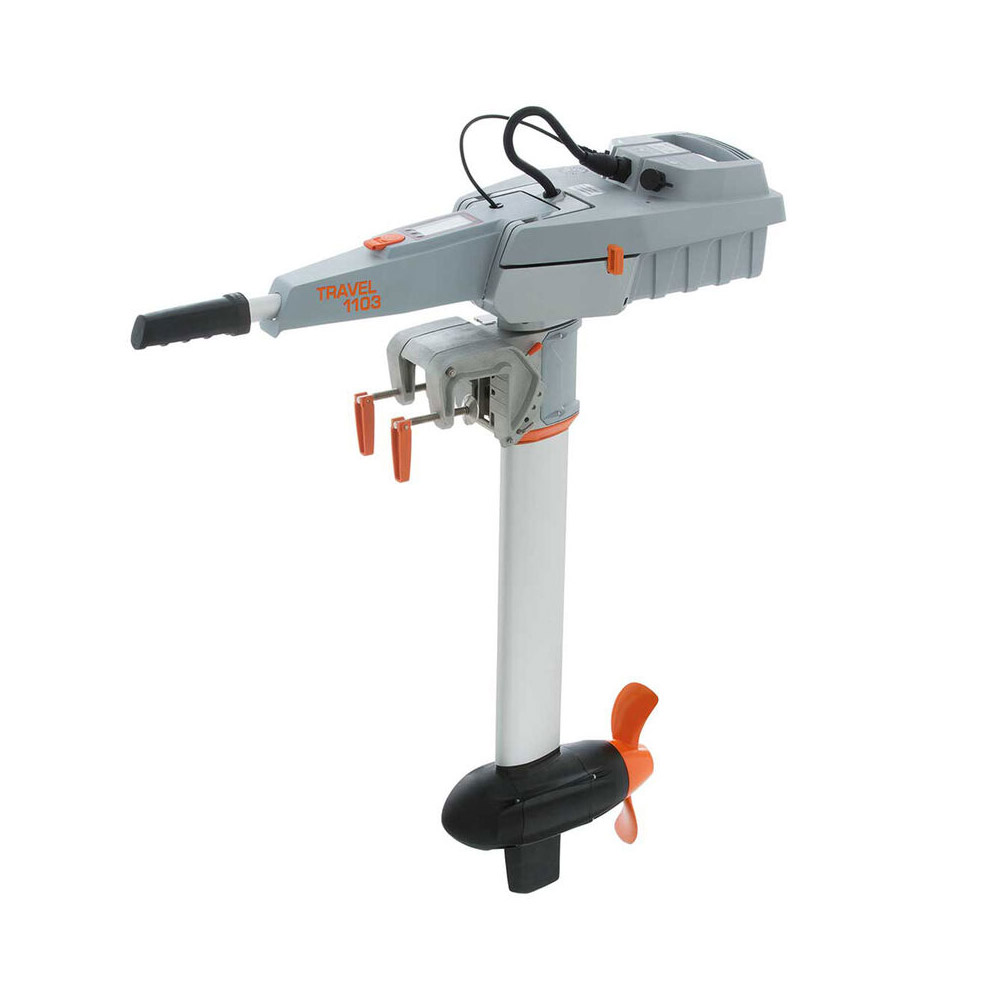
Torqeedo Travel 1103 CS Electric Outboard Short Shaft
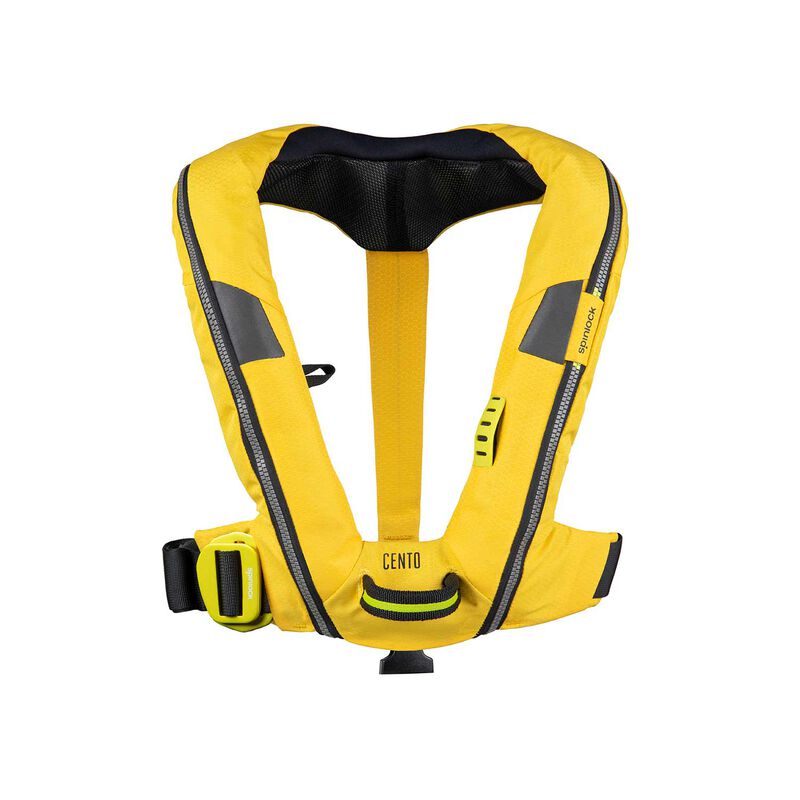
Spinlock Deckvest Junior Inflatable Life Jacket
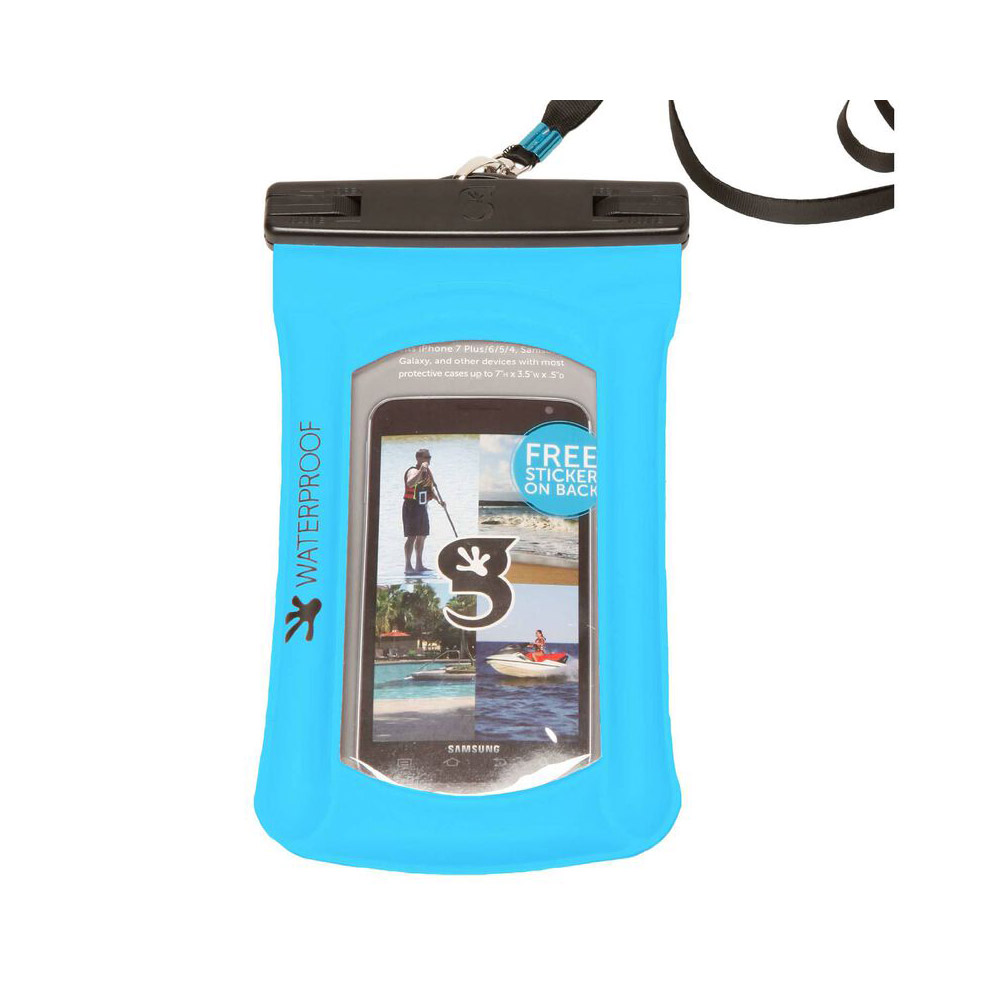
Geckobrands Float Phone Dry Bags
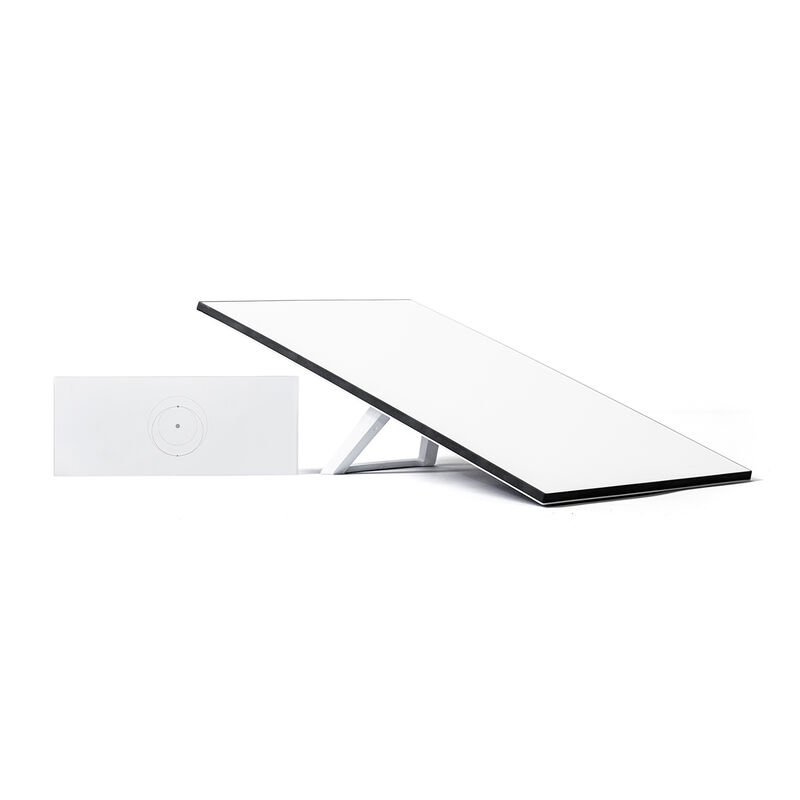
Starlink Standard Kit for Stationary Use: High-Speed, Low Latency Internet
Trending now: custom nautical decor for your boat life.

Boat Mom Definition Canvas Tote Bag
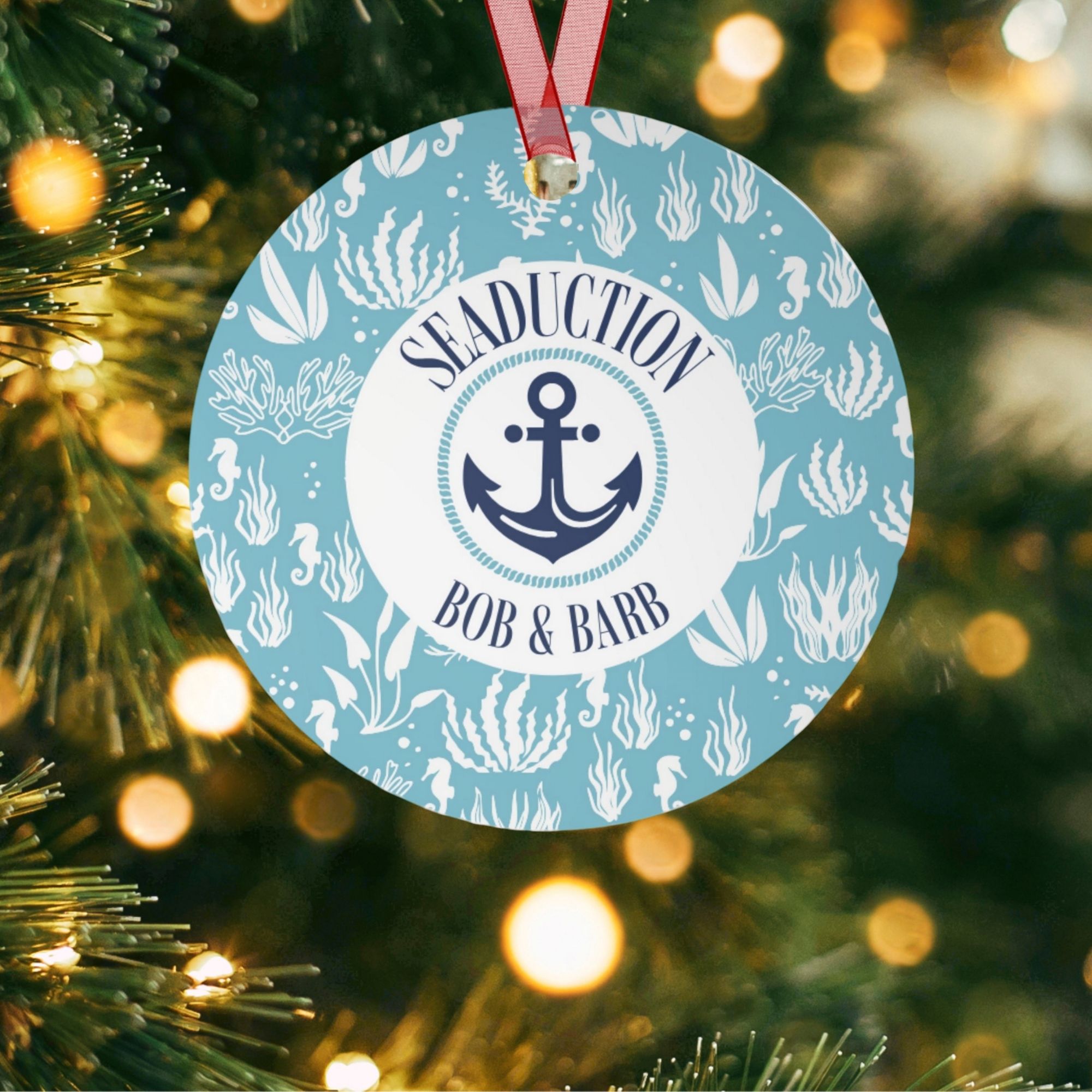
Custom Coastal Sea Ornament Metal – 4 colors
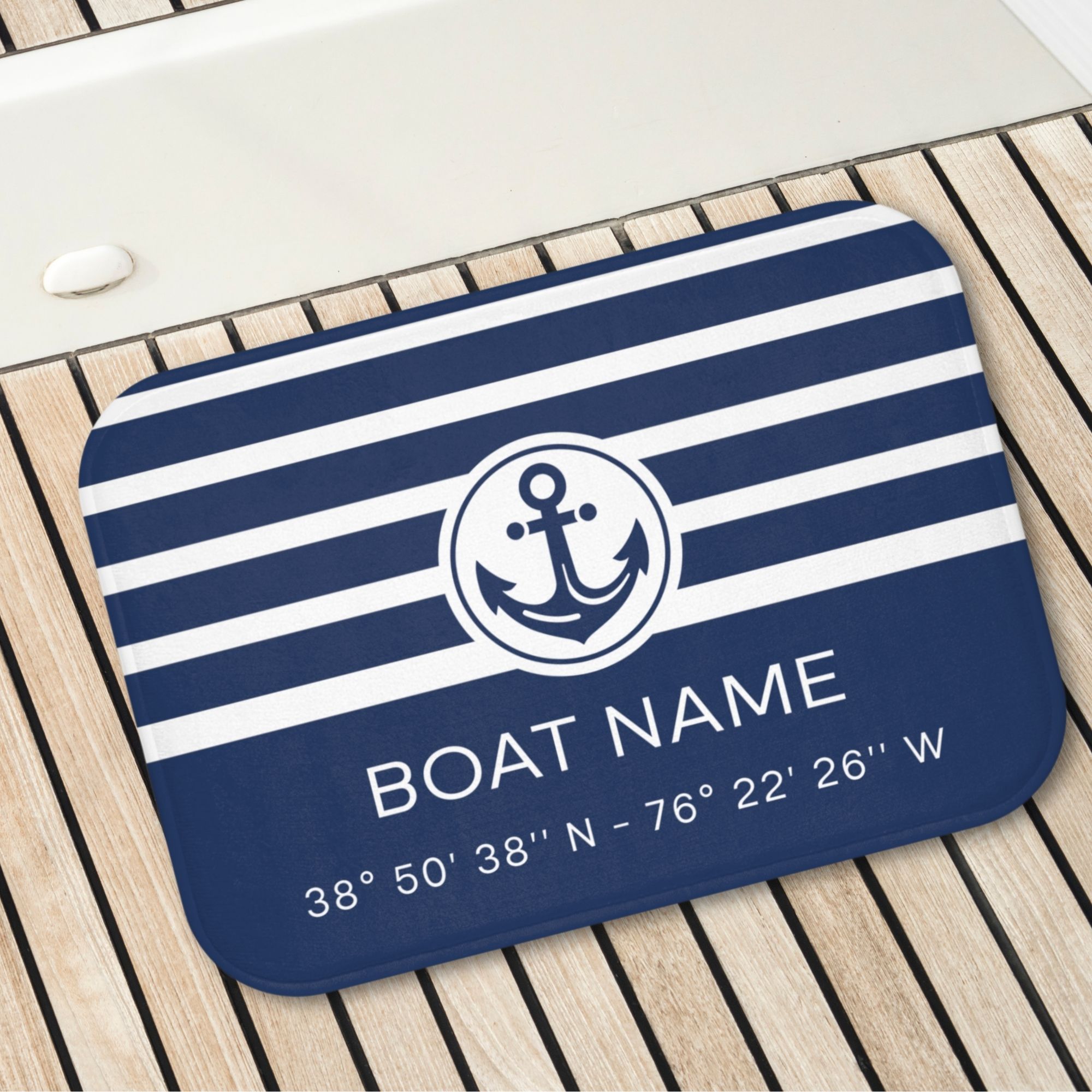
Custom Boat Mat with Boat Name & LAT LONG Coordinates
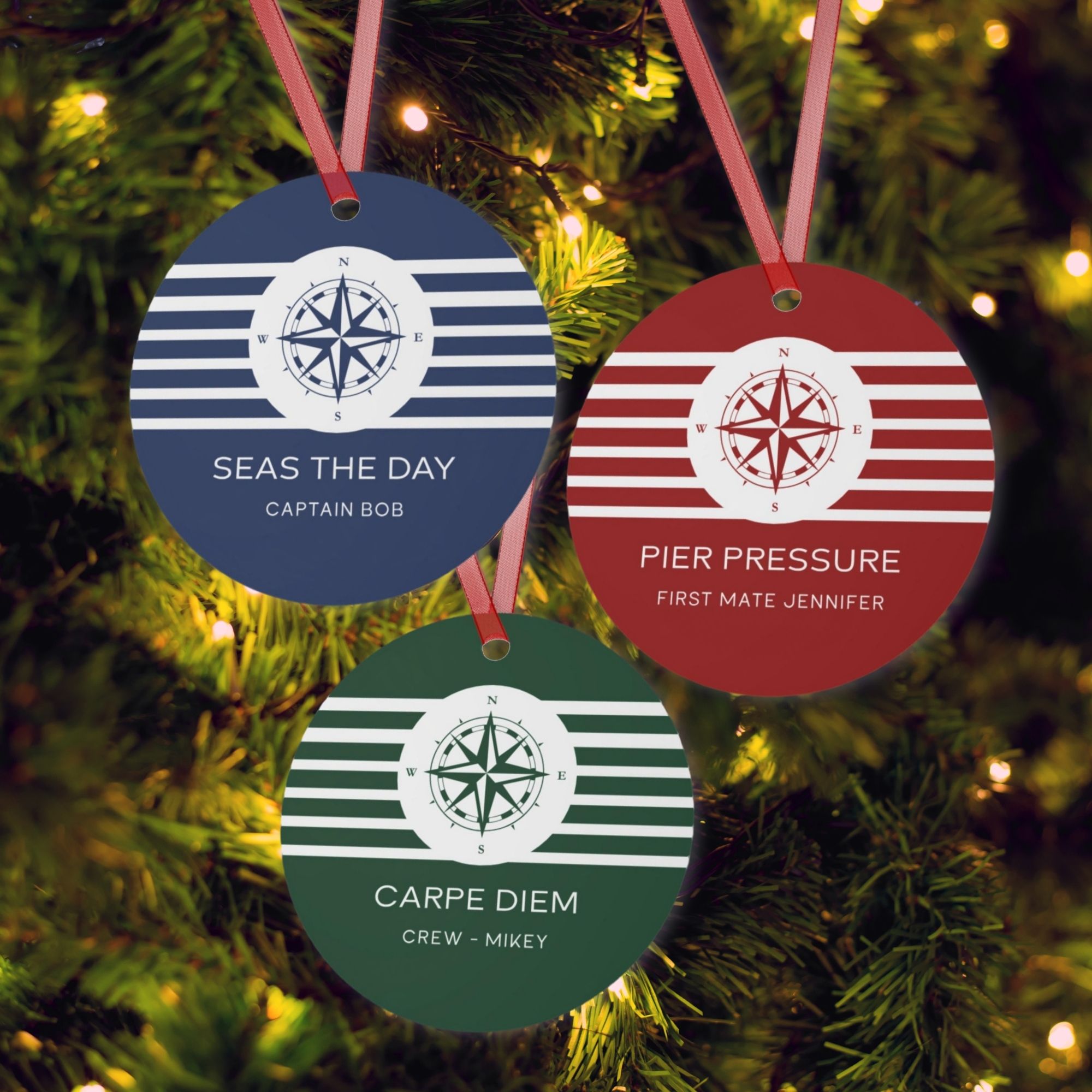
Custom Compass Captain First Mate Crew Metal Ornaments

Capt. Rob Chichester
Related posts.
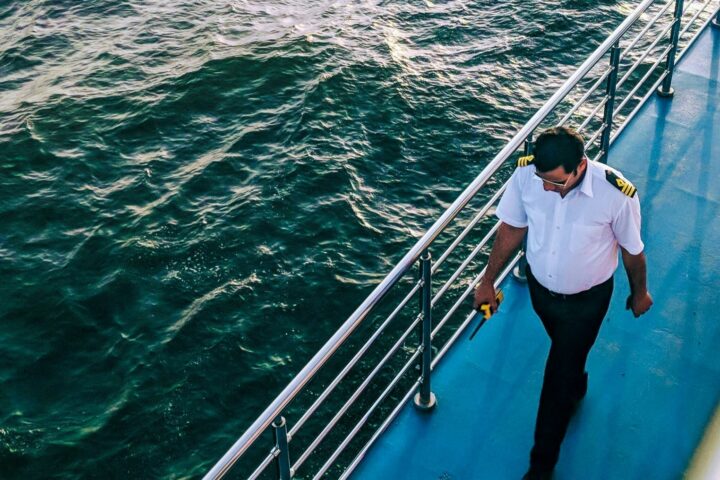
Career Opportunities for Boating Enthusiasts from Jooble Job Search Aggregator
August 7, 2024
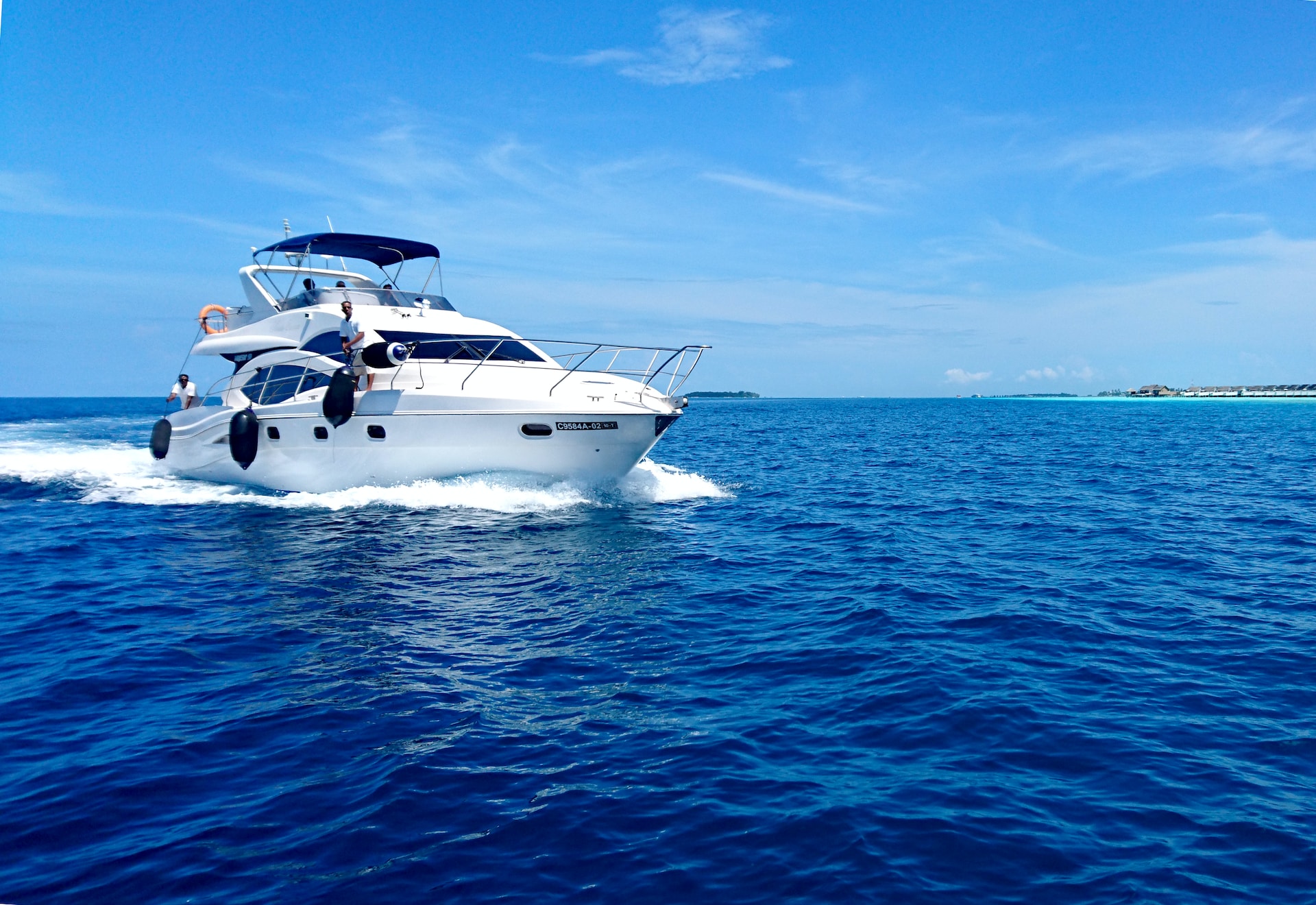
Can I Drive My Yacht Anywhere In The World?
May 11, 2023
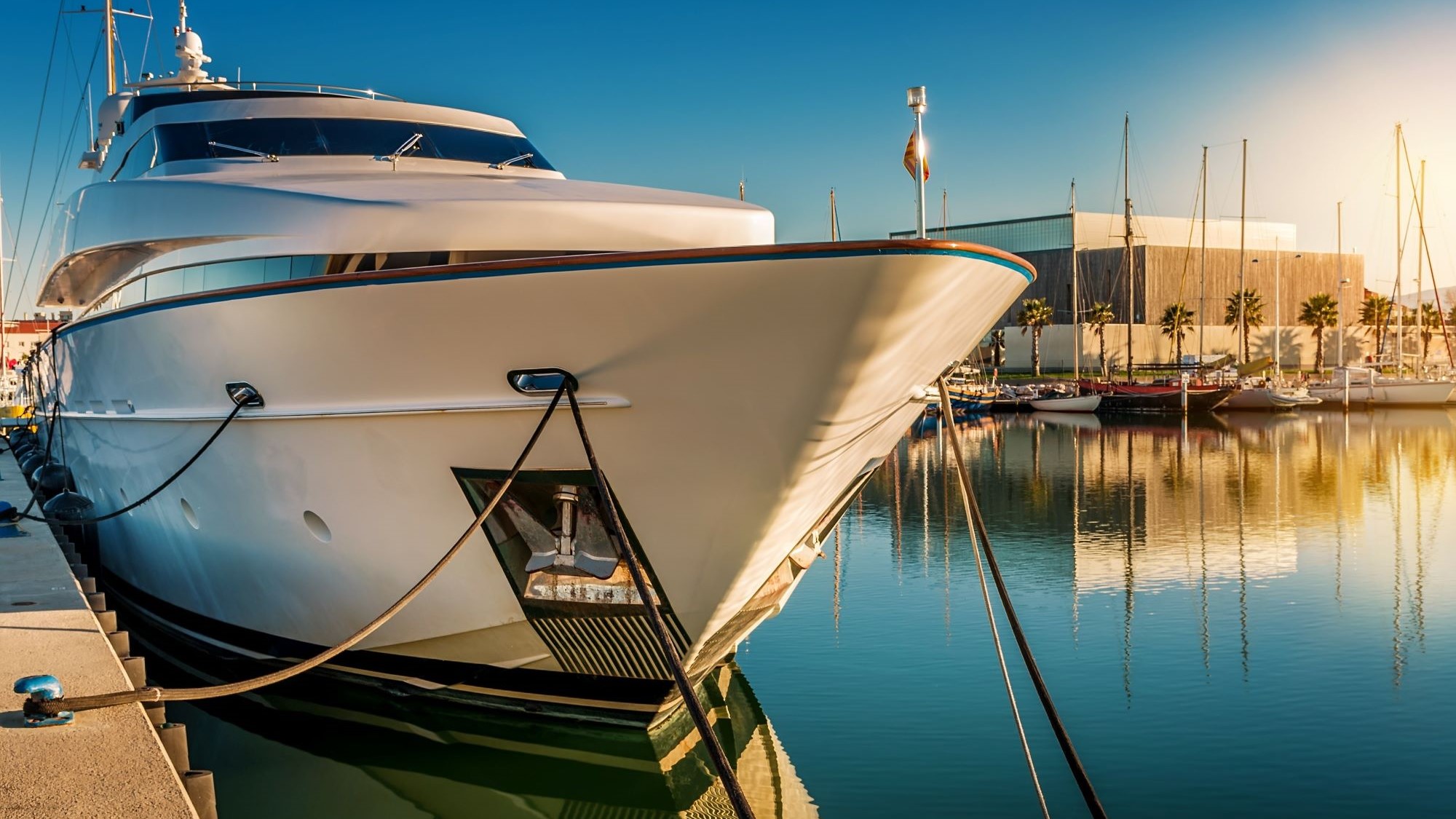
How To Transport A Yacht Safely
April 7, 2023
24 Comments
Hi, I am hoping you can help me out. I am a USCG vet that was stationed at a small boat station in NJ from 1983-1989. I am trying to get my sea time documented but I am having a very hard time finding out how to do that since the station records were not computerized at that time. I have contacted the NMC and they told me to call the station to get an Abstract of Operations report. They just laughed at me when I called the station. I have requested info from vetrecs.archives.gov but I am sure that will take some time just to get an answer as to wether they can do that or not. I was wondering if you knew how to go about getting the information that I need. I am sure I am not the only person with this issue and I can’t seem to find anyone that knows exactly how to go about documenting that time.
Thanks Jeff

Thanks for your question. I don’t have a lot of advice for you regarding USCG internal procedures. Perhaps you can contact the Office of Personnel and try to get a copy of your service record. Alternatively, is there anyone at that small boat station who knew you? Would the OIC be willing to write a letter? The last and least likely option would be to fill out your own sea service form and see if anyone there would sign off on it for you. Now the regulations speak of a Certificate of Discharge being acceptable. See for example 46 CFR 10.232 ( https://www.law.cornell.edu/cfr/text/46/10.232 ). If you already have that, you might be good to go!
So…start with your Certificate of Discharge and if you don’t have that, then contact the Office of Personnel to see if you can get the requisite documents. Let me know how you make out!
Hi Captain Rob, My name is Elton the 66 year old owner of a small 35 ft. Kingscraft houseboat. I spend a lot of time on one large lake. It is an older wonderful all aluminum vessel but weighs only about 8000 lbs. In the chart the lowest weight rating is 17 tons. I would love to educate myself and become a Captain. Is that possible at some level? I would also have to document my own time as pilot.
Sir, you have open to you both options that I describe in my article. You could pursue either a Master’s license OR an Operator of an Uninspected Vessels license. From what you have written, I see no inherent obstacles. You must be able to document your seatime, get a medical evaluation, and pass the 4 or the 3 parts of the written exam depending on which license you choose to pursue. In any event, you would qualify for an Inland license. Your tonnage rating would also depend on which license you pursue. Solely based on what you have said above, you would qualify for a 50 ton Master’s license. If you pursue an OUPV, that comes with a tonnage rating of 100 tons. For most people, the biggest challenge is acceptably documenting seatime. (It needs all be as captain. You can include time served as master, mate, or crew but NOT as a paying passenger.) If your concern is your age, I know a few captain’s in the 60s and 70s. I am one of the former myself. Good luck!
Capt.Rob I am US Army Veteran And I was wondering if their was a school i could attend to obtain a licence, I ask this because i have to decide what i want to go to school for and this job would be a top pick for me. Any help on this matter would be greatly appreciated thanks
There are MANY captain schools that can help you with the written tests but there are NO schools that can help you with the sea time requirements unless you are considering enrolling in a maritime college like Kings Point or Fort Schuyler in the New York State university system. I used Mariners Learning System for my written tests only because it was more convenient than going to the USCG REC to take the exams.
Where would I get sea service forms . I have owned and operated my own boats for over 30 years and am now being asked to get a captains liscence
There is a link in the article for the National Maritime Center. All the forms you needs can be found on their website. Alternatively, you can search for USCG National Maritime Center with your favorite search engine.
Couple questions. Would working as a divemaster on a dive boat in the Gulf of Mexico count for near coastal sea time? And if you were to have 8 hours of sea time in one day, could you potentially count that as two days at sea? Or would it still be just one day? Thanks for all the info this has been a huge help!
Any time spent aboard a vessel underway counts as long as the owner, manager, or master of the vessel will attest to that. When submitting Sea Service forms, your option for your role aboard the vessel are things like crew, mate, master, engineer, etc. You will need to determine what your position was. Divemaster is not recognized and does not speak to maritime skills necessarily. (For example, you can dive from shore never having been in a boat.) Regarding the near coastal time, you just need to verify that the vessel upon which you served was indeed in near-coastal or ocean waters. The form has spaces for days spent within the specified boundaries and outside those boundaries. I once saw an interactive chart online for finding the boundary lines in a given area. For your purposes, you cannot count 8 hours as two days underway. You need a MINIMUM of 4 hours underway to count that day. Being at anchor or otherwise moored or secured does not count. Good luck!
Capt. Lots of good and helpful info. I boated the Chesapeake for 10+yrs, from the Delaware bay to Virginia in a 27′ cruiser. i’ve not been on the water since 2012. So to be clear, I need to acquire some time on a charter vessel to even attempt the basic “6-pack”. I have my CG boating skills and seamanship certificates,and will work on the CG719S. Living in Florida, lots of opportunity, should have done this sooner !! Thanks
Thank you for your feedback. I am glad you found the article helpful. Apart from documenting your sea time, I found the most labor intensive aspect was verifying that a) I had all the documents that I needed and b) I had correctly completely all of the USCG forms. A lesser challenge may be in determining what correct application fees are. If you are not sure, contact USCG NMC by phone, email, or online chat to get clarification on what fees you have to pay. Good luck!
This is great info..
I am starting out (hopefully) as a plan is due to new lifestyle i desire to get an two oceans open ocean 800 expedition catamaran (again very expensive so fingers crossed) but the plan is while the vessel is being built, i can take several classes and get a few certifications prior to launch, then as life you see everywhere on youtube for example have the vessel at dock, then day trips, then a week trip and just push it a little further until you are ready for the maiden voyage, really looking to live off anchorage in around the philippines / guam area mostly philippines or south pacific area, mostly friends and family but my question is any licence for that type of boat, and also if you have heard of any schools in the philippines? I know they have a few courses that are completely certified like any american school but a fraction of the cost, just curious if any particular licence i need to get or have?
You did not say whether you intended to take passengers for hire. Generally, one only needs to be licensed if you are getting paid to carry passengers OR if you working in more advanced maritime fields like tug boats and large cargo vessels. If you are only operating your private vessel for your own personal or recreational purposes, you usually do not need any kind of license other than possibly taking a multiple choice test on local safety rules and rules of the road. I am not familiar with the licensing requirements in foreign venues like the Philippines. Each nation has its own requirements. I was able to find information at this link: http://www.marina.gov.ph/policies/MCs/mc170.pdf . You may find some useful information in that document.
Good luck! And safe sailing…
Your information was helpful, thank you. I have decided to pursue getting my License but I am starting from scratch. Should I take classes before looking to get sea time? And how does one go about getting sea time with no experience?
Any course work you take will typically culminate in a certificate of completion. However that certificate will only be valid for 1 year. Therefore, do NOT take any exams more than about 6 months prior to submitting your original license application. As for sea time, you can look for marine work that does not require a license like deck crew on water taxis or excursion boats. Time spent on a friend’s boat counts. Have that friend complete and sign a sea service form. Sea time never expires and can be counted from the age of 15. Learn your rules of the road and learn to feel your vessel. Driving a boat is a lot different from driving a car. As a licensed captain, you are expected to step up to the helm and handle the ship with relatively little training time. Good luck!
Great article, thanks for writing it! Does time spent aboard a recreational boat that I own, when I am the only person aboard, count towards sea time? If so how do I document that – there’s no one to sign for the time. Thanks again.
Time spent on your own boat absolutely counts. You would sign the CG-719S Sea Service form yourself where it says Applicant AND where it says Person Attesting to Experience. However, you will have to provide proof of ownership for the vessel. The Bill of Sale is usually what is used but the vessel’s CG document or state registration card should also be sufficient. Remember that seatime is counted only from the age of 15 and it is underway time of at least 4 hours per day. Time on the anchor or alongside do NOT count. The presence of others is irrelevant.
Hi Shane. Sea time is defined as time working aboard in any capacity relevant to the rating you are pursuing. For instance, if you are a bos’n or deck crew, that time it unlikely to count towards a engineer’s license and conversely, time in the engine department or work on mechanical systems would be difficult to apply towards a deck officer’s license. The highest rating one can get on an original (i.e., first) license is 100 Ton Master. It is likely that your Navy time would count; however, your challenge is getting an appropriate service letter from the Navy. You cannot submit a CG-719S for your Navy service as that form is for SMALL VESSEL service. Consult the USCG site at http://www.uscg.mil/nmc for more information. Also note that you may use any valid sea time accrued from the age of 15. Good luck!
Hi Capt. Rob, I have one question rather just some clarification regarding the time at sea, for the tonnage rating. Does “time at sea” mean just that or does it mean operating the vessel. I was in the Navy for several years as an operations specialist and I am not sure what level I would qualify for if I were to pursue getting a Captains license. Also I was wondering how much the entire process would cost.
Hey Rob, Thanks so much for taking the time to write this, it was really very useful to read. This has been on my mind for some considerable time, but I am now finally starting on the road to getting my licence and taking a nautical shift in my career. I have been a sailor all my life, was sailing single handed as soon as I could walk and now own a 38 foot Irwin racer/crusier.
My one big question is online study vs going somewhere to do the required course? I wonder how you gained your licence and what you might recommend?
My issue was primarily NOT wanting to have to take the tests at the NYC REC and to NOT attend intense 8-10 hour weekend classes. I was comfortable with the Rules of the Road and chart navigation issues as well the Deck General material. Since I got a Master’s license (versus the OUPV), there was more legal stuff to know in the category they call Ship’s Business. I did an online course through Mariner’s School in Princeton, NJ. The price was good and the location was convenient for when I did go to take the test.
The bottom line is do what works best for you given what you need to learn or refresh, how much time you have to do it, and where you will need to go to take the final tests.
(Please note that you can submit your application and/or take your tests at ANY REC anywhere. It is not a function of where you live or where you will sail.)
Great article Rob. Thanks for sharing your experience
Thank you for the feedback. Do please let me know if you have any further questions or if I may be of service in some other regard!
Comments are closed.
BIG LABOR DAY SALE!! Save on essential boating gear with some of the lowest prices of the season West Marine's Labor Day Sale valid Aug. 22 - Sept. 2

- Boater Education
Frequently Asked Questions for the Boating Safety Education Requirements
I was born on or after Jan. 1, 1988, and want to operate a boat in Florida. Do I need a license?
In order to operate a motorboat of ten (10) horsepower or greater, Florida law requires anyone who was born on or after Jan. 1, 1988 to successfully complete an approved boating safety course and obtain a Boating Safety Education Identification Card issued by the FWC.
Florida does not have a "boating license." The Boating Safety Education Identification Card is proof of successful completion of the educational requirements and is valid for life.
I've heard there were some changes in the law regarding the requirements to operate a boat in Florida. What were the changes?
Effective Jan. 1, 2010, boat operators who were born on or after Jan. 1, 1988, must have a Florida Boating Safety Education Identification Card to operate a motorboat with 10 horsepower or more. The requirement to take an approved boating safety course and to obtain an FWC-issued identification card did not change, but the age threshold for the educational requirements is now be based on whether or not you were born on or after Jan. 1, 1988.
- The new law also created an exemption from the educational requirements for an operator if he or she is operating a vessel within 90 days after the purchase of that vessel and has available for inspection aboard that vessel a bill of sale meeting all the requirements as established in Chapter 328.46(1) , Florida Statutes.
Are some people who were born on or after Jan. 1, 1988 exempt from these boating safety educational requirements?
Yes, there are some exemptions. Below is a list of those exemptions.
- A person licensed by the U.S. Coast Guard as a master of a vessel.
- A person operating on a private lake or pond.
- An operator who is accompanied onboard by a person who is least 18 years old and possesses the required Boating Safety Education Identification Card, provided that person is attendant to and responsible for the safe operation of the vessel.
- An operator who is accompanied onboard by a person who is exempt from the educational requirements, provided that person is attendant to and responsible for the safe operation of the vessel.
- A nonresident who has in his or her possession proof that he or she has completed a NASBLA-approved boater safety course or equivalency examination from another state.
- A person is operating a vessel within 90 days after the purchase of that vessel and has available for inspection aboard that vessel a bill of sale meeting all the requirements as established in Chapter 328.46(1) , Florida Statutes.
- A person operating a vessel within 90 days after completing an approved boating safety course, as required in Chapter 327.395(1), and has a photographic I.D. and a boater education course completion certificate showing proof of having completed the required boating safety education course. The course completion certificate must provide the student's first and last name, date of birth, and the date the course was successfully completed. (Effective Oct. 1, 2011.)
I will be visiting Florida from another state and I want to rent a personal watercraft. How will these boating safety educational requirements apply to me?
As a nonresident, you must comply with the boating safety education requirements. However, if you have proof in your possession that you have completed a boater safety course or equivalency exam that meets or exceeds Florida's requirements (usually in the form of a certificate or card), you would not need to have a Florida Boating Safety Education Identification Card. In addition, you would also be exempt if you met any of the other conditions for exemptions listed in the previous question.
I am an 18-year-old boater who just passed an approved online boating safety course and received a printed certificate of course completion. Do I still need to get a boating safety card?
Yes. In addition to the requirement to successfully complete an approved boating safety course, you must also have an FWC-issued Boating Safety Education Identification Card - along with a photo ID - in your possession to operate a motorboat of 10 horsepower or more. Effective Oct. 1, 2011, a course completion certificate for an approved course - along with a photo ID - can be used for up to 90 days from date of issue to operate a motorboat of 10 horsepower or more. ( See the last frequently asked question for more details on requirements for certificate. )
I am 26 years of age and will be visiting Florida for a few days, but I don't have a Boating Safety Education Identification Card. How can I rent a boat?
If you are visiting from another state and you do not meet any of the conditions to be exempt from the boating safety education requirements, you can get a temporary certificate in order to rent a boat. These certificates are issued by vendors around the state. The temporary certificate is valid for 90 days and is not intended to be a permanent replacement for the Boating Safety Education Identification Card.
I received a temporary certificate from an FWC contractor. Can I send my Temporary Certificate to your office and exchange it for a Boating Safety Education Identification Card?
No. The Temporary Certificate is a certificate that allows an individual to temporarily meet Florida's boating education requirements. It is not a substitute for a Boating Safety Education Identification Card and is only valid for 90 days from the date it is issued.
If I am required to have a boating safety ID card to operate my boat and I just completed an approved boating safety course, can I operate my boat while I am waiting to receive my card?
Yes. If you are required to have an FWC-issued Boating Safety Education ID card in order to operate a boat and you have completed an approved boating safety course, the course completion certificate (along with a photo ID) can be used as proof of meeting the educational requirement.
To meet the legal requirement, the course completion certificate must have your first and last name, your date of birth and the date you successfully completed the course. You must have the certificate with you (along with a photo ID) while operating the boat. The course completion certificate can be used for up to 90 days and it is not a permanent replacement for the Boating Safety Education ID Card.
- Boats & Yachts
- Commercial & Charter
- Marine Insurance
- Marine Surety
Florida: (800) 559-6651
CHARTER CAPTAIN LICENSE IN FLORIDA
- January 2021 (7)
- December 2020 (8)
- November 2020 (10)
- October 2020 (9)
- September 2020 (8)
- August 2020 (9)
- July 2020 (9)
- June 2020 (9)
- May 2020 (9)
- April 2020 (8)
- March 2020 (9)
- February 2020 (8)
- January 2020 (9)
- December 2019 (9)
- November 2019 (10)
- October 2019 (8)
- September 2019 (9)
- August 2019 (9)
- July 2019 (9)
- June 2019 (8)
- May 2019 (9)
- April 2019 (9)
- March 2019 (9)
- February 2019 (8)
- January 2019 (8)
- December 2018 (9)
- November 2018 (9)
- October 2018 (9)
- September 2018 (8)
- August 2018 (9)
- July 2018 (9)
- June 2018 (9)
- May 2018 (8)
- April 2018 (9)
- March 2018 (9)
- February 2018 (8)
- January 2018 (9)
- December 2017 (8)
- November 2017 (8)
- October 2017 (9)
- September 2017 (8)
- August 2017 (8)
- July 2017 (9)
- June 2017 (9)
- May 2017 (9)
- April 2017 (8)
- March 2017 (8)
- February 2017 (9)
- January 2017 (9)
- December 2016 (9)
- November 2016 (2)
Charter and Headboat Operators' and Guides' Licenses
SO YOU WANT TO BE A CHARTER CAPTAIN?
DON’T FORGET TO GET LICENSED!
A Charter Captain or Boat License is required to carry paying customers (where a fee is paid directly or indirectly) for the purpose of taking, attempting to take, or possessing saltwater fish or organisms.
To be a saltwater fishing guide in Florida, you must comply with U.S. Coast Guard (USCG) requirements. The U.S. Coast Guard (USGC) requires all operators of for-hire vessels to have a Captain license/Merchant Mariner Credential.
Charter, headboat and saltwater fishing guide operations must have an FWC charter captain or boat license to cover their passengers, who are not required to hold a recreational saltwater fishing license. Customers authorized to fish under the vessel license are not required to hold a recreational saltwater fishing license.
Dive charters: Scuba divers engaged in fishing or lobstering must have an individual saltwater fishing license and all necessary permits if the vessel they are on does not have the necessary vessel license.
Charter Captain License (allows a licensed captain to go from boat to boat)
A Current Coast Guard License to Operate or Navigate Passenger Carrying Vessel License must be provided in order to purchase these licenses.

- Fishing Tips
Everything You Need To Know About Getting Your Captain’s License
- By: Joseph Simonds
- on May 7, 2019
- Found In: Boating Tips , Fishing Interview , Fishing Tips , Salt Strong Podcast
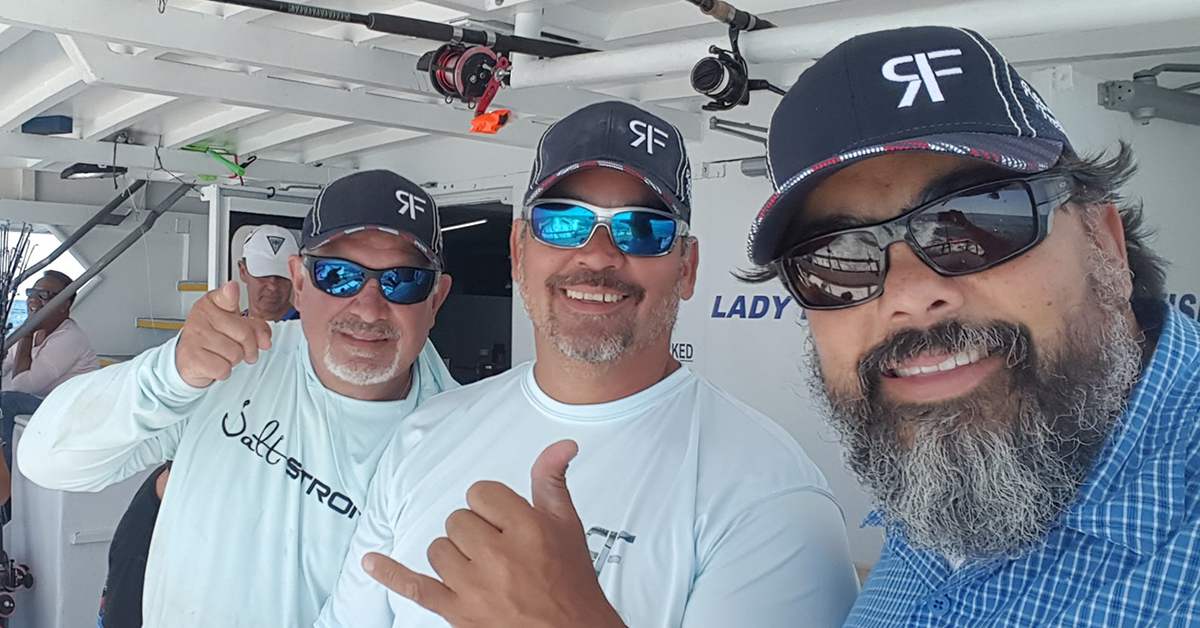
- Comments (1)
O Captain! My Captain!
Have you ever considered getting your captain’s license?

For someone who doesn’t have their license, the task can seem daunting.
How much does it cost?
What is the test like?
Lucky for you, one of our Insiders , Capt. Thom Ray, recently got his captain’s license.
In this podcast episode, he talks about the whole process, including:
- Why he got his license (try not to cry at this story)
- The different types of licenses, and what most inshore fishing guides get
- Why he went to Sea School (as opposed to taking online classes)
- What the requirements are to be eligible to get your captain’s license
- What the tests to get your license are like (there are four of them)
- The total cost of becoming a licensed captain
- Why 10-year-old boys want to become captains (this is hilarious!)
And lots more!
If you’ve ever considered getting your captain’s license, this episode is a must-listen for you.
You can listen to the podcast by clicking the play button below, or on iTunes or Stitcher .
(P.S. don’t forget to subscribe on iTunes or Stitcher )
How To Get Your Captain’s License [PODCAST]

Note: don’t forget to subscribe on iTunes or Stitcher .
- Sea School (locations from Alabama to New York)
- Online Captain’s License Course With Mariners Learning System
- How To Calculate The Tonnage Of A Boat
- Mississippi
- South Carolina
- North Carolina
Although being a licensed captain has its perks, it might not quite live up to what this 10-year-old thinks life is like as a fishing captain:
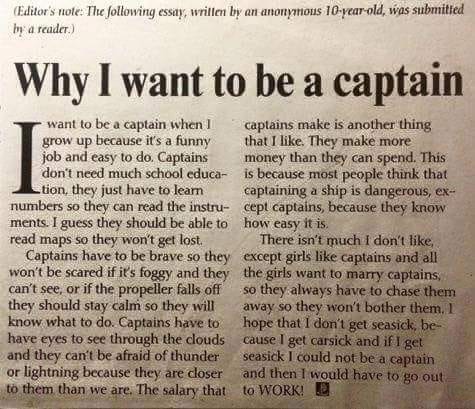
However, there are still many perks of being a captain.
Your job could be going out fishing and helping families make memories, or you could be like Capt. Thom and take veterans out because they could use a day of fishing.
You can book a trip with Capt. Thom at his website CatchARayCharter.com , find him hanging out in our Insider Club , or at one of the regional Salt Strong meetups.
Have any questions about getting your captain’s license?
Let us know in the comments below!
P.S. Know someone who wants to become a fishing guide? TAG or SHARE this with them!
Do You Want To Quickly Find New Fishing Spots In Your Area?
Then you’ve got to see this private fishing club!
Here’s what you’ll receive today:
- Weekly fishing reports and TRENDS revealing where the inshore fish are feeding all year long
- Weekly “spot dissection” videos that walk you through all the best spots in certain areas
- Exclusive fishing tips from the PROS you can’t find anywhere else
- Everything you need to start catching fish more consistently (regardless if you fish out of a boat, kayak, or land).
Click here to join today.
Related articles:
- How To Dock Your Boat The Quick & Easy Way
- Top 6 Myths About “Bad Luck Bananas” On Fishing Boats (2019 UPDATE)
- How To Consistently Catch Redfish, Snook, & Seatrout [FREE PDF Guide]
Related categories:
- Boating Tips , Fishing Interview , Fishing Tips , Salt Strong Podcast
Good fun Capt ????❤️????????
STOP WASTING TIME ON THE WATER!
Do what the “SMART ANGLERS” are doing and join the Insider Club.
Here’s what you’ll receive today when you join:
- Weekly fishing reports and TRENDS revealing exactly where you should fish every trip
- Weekly “spot dissection” videos that walk you through all the best spots in your area
- Everything you need to start catching fish more consistently (regardless if you fish out of a boat, kayak, or land).

The SECRET Redfish, Trout, & Snook Lure That Is Out-Fishing Live Bait
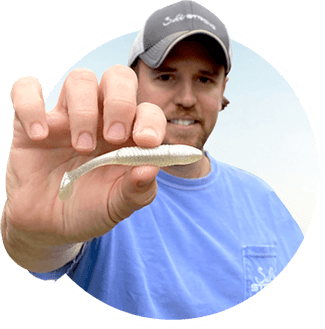
the secret redfish, strout, & snook lure that is out -fishing live bait
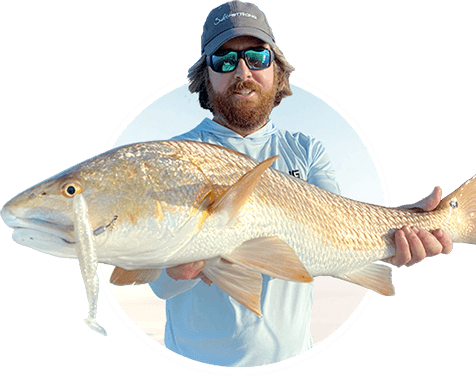
THE #1 REDFISH LURE IN THE WORLD?
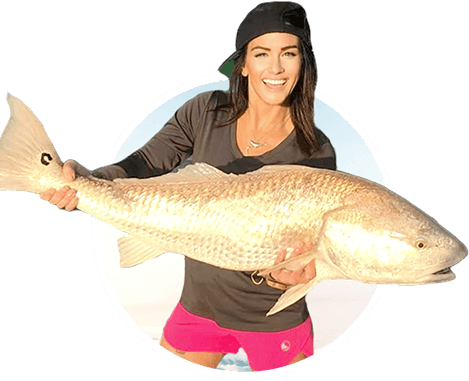
About Salt Strong
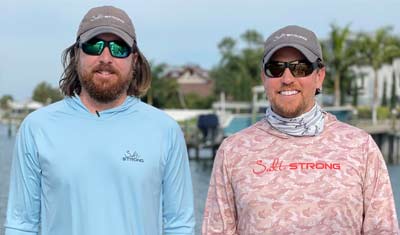
In December of 2014, these two brothers shocked their clients, friends, and family by quitting their 6-figure jobs to start their dream focused on helping saltwater anglers:
1. Catch more fish in less time
2. Create memories that matter through fishing
Quick Links
Popular sections.
- Fishing Club
- Fishing Courses
- Fishing Knots [Rankings]
- Product Reviews
- Fish Recipes
Popular Tips
- Inshore Manifesto
- Redfish Tips
- Seatrout Tips
- Distance Casting
- Kayaks/Paddleboards
Other Fishing Tips You May Like :
Shocking 90/10 fishing zone drone evidence, the ultimate redfish course [coming soon], how to vent snapper, grouper and bottom fish [with capt. dylan hubbard], choose a category :, editor's picks.
- Fishing Manifesto
- Inshore Fishing 101
- Best Fishing Knots
- Insider Home
01. connect With Salt Strong
02. join with salt strong.
- RISK-FREE Membership
- 3 Inshore Secrets Webinar
- Fishing Tribe Facebook Group
03. Salt Strong Products
- Salt Strong Online Mastery Courses
- Salt Strong INSIDER Club
- Salt Strong Books
- Inshore Fishing Manifesto
01. CONNECT WITH SALT STRONG
02. JOIN SALT STRONG
03. SALT STRONG PRODUCTS
Email: [email protected] Toll-free: (855)888-6494 1505 S Lake Shipp Drive Winter Haven, FL 33880
- © 2023 Salt Strong, LLC
- 1505 S Lake Shipp Drive Winter Haven, FL 33880
- Smart Fishing Spots
- Privacy Policy
- Terms & Conditions
- Legal Information
- Career Opportunities
- Tackle Tester Program
- Ready to Join
- Smart Fishing Tides
- Regional Map
- Leaderboard
- Members Directory
- Fishing School
- Weekend Game Plans
- Cheat Sheets
- Tackle Store
- Group Discounts
- Account Settings
Get Instant Access To “The Inshore Fishing Manifesto” PDF Now
- Your information is safe with us and will not be shared with any third party.
- Skip to primary navigation
- Skip to main content
- Skip to footer

(866) 300-5984 [email protected]
What are the Requirements for Earning a Captain’s License ?
U.s. coast guard requirements for national oupv or master up to 100 tons.
A Captain’s License is required to operate a commercial vessel or to take paying passengers out on your vessel. Understanding the Captain’s License Requirements is important prior to taking a captain’s license course. The prerequisites should be reviewed before applying for any U.S. Coast Guard credential. This is advised so you don’t spend your time and money pursuing a license that you don’t qualify for. For Maritime Institute’s fee-based credential services, click here to get more info.
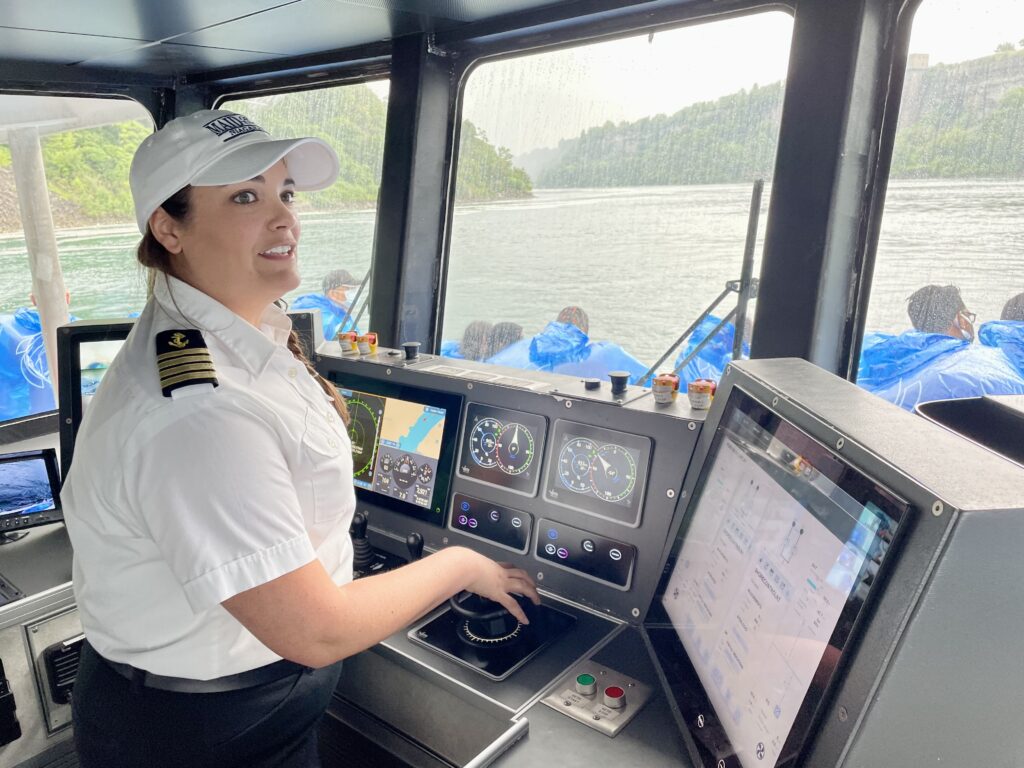
Prerequisites for Operator of Uninspected Passenger Vessels (OUPV/”6-Pack”)
The National OUPV license is limited to uninspected vessels, of less than 100 gross tons, operating on U.S. domestic waters ONLY. Also limited to carrying six or less paying passengers. You must meet all of the requirements established by the USCG National Maritime Center in order to apply for this license. The USCG checklist of requirements is located here on the National Maritime Center website: https://www.dco.uscg.mil/nmc/checklist/ . Under National Officer Endorsements for Deck, click on National OUPV Less Than 100 GRT.
Important sea service requirements for OUPV:
- Must be at least 18 years old.
- Must be able to document 360 days of experience on a vessel, of which at least 90 days must be on Near Coastal/Ocean waters otherwise license will be limited to Inland Waters ONLY. ( See: What Counts as Sea Service )
- 90 days of sea service must be within the last 3 years of when you apply.
- 90 days of sea service must be on Ocean or Near Coastal waters or otherwise the license will be limited to Inland Waters only.
- If you are not a U.S. Citizen, you can apply for this license but it will be limited tonnage and restricted to undocumented vessels.
Prerequisites for Master up to 100 Tons on Inland Waters/Great Lakes
With a Master license you may operate inspected/commercial vessels and also take more than six paying passengers. You must meet all of the requirements established by the USCG National Maritime Center in order to apply for this license. The USCG checklist of requirements is located here on the National Maritime Center website: https://www.dco.uscg.mil/nmc/checklist/ . Under National Officer Endorsements for Deck, click on National Master 100 GL and Inland.
Important sea service requirements for Master Inland/GL:
- Must be at least 19 years old.
- Must be able to document 360 days of experience on a vessel. ( See: What Counts as Sea Service )
- The tonnage of the license (25 Ton, 50 Ton, or 100 Ton) that you get, is determined by your experience. See USCG checklist in the paragraph above for the specific tonnage qualifications .
If you plan on operating an inspected sailing vessel, you must have a sailing endorsement along with the Master Inland/GL license. The required amount of sea service for a sailing endorsement on a Master Inland/GL license is: 180 days on sail or auxiliary sail vessels.
Prerequisites for Master up to 100 Tons on Near Coastal Waters
With a Master license you may operate inspected/commercial vessels and also take more than six paying passengers. You must meet all of the requirements established by the USCG National Maritime Center in order to apply for this license. The USCG checklist of requirements is located here on the National Maritime Center website: https://www.dco.uscg.mil/nmc/checklist/ . Under National Officer Endorsements for Deck, click on National Master 100NC .
- Must be able to document 720 days of experience on a vessel, of which at least 360 days must be on Near Coastal/Ocean waters. ( See: What Counts as Sea Service )
If you plan on operating an inspected sailing vessel, you must have a sailing endorsement along with the Master Near Coastal license. The required amount of sea service for a sailing endorsement on a Master NC license is: 360 days on sail or auxiliary sail vessels.
- Cookie Policy
- Privacy Policy
- Terms of Use
Sign Up For Our E-Newsletter!
Maritime Institute Online Course Portal Book Examination - Everett, WA Book Examination - San Diego, CA
Privacy Overview
Log in to maritime institute.
- 501 (c)(3) Nonprofit Organization
- Student Portal

LEARN AT THE HELM
First-class training programs to launch your career in the marine industry

EXCITING NEW AGREEMENT WITH THE USCG
Exciting new agreement with uscg.
Any future Professional Mariner Training students, or any student who has completed our PMT in the past 5 years is eligible for this unique lateral entry opportunity, subject to final eligibility determination by the USCG. Visit our PMT page for more full details.

At Chapman, we are committed to boating safety through education. It is the best way to keep pleasure boating just that - a pleasure!
GETTING STARTED FOR NEW STUDENTS
View our programs, schedule a campus tour, request information, additional info, additional links.
- Testimonials
THE CHAPMAN DIFFERENCE
Train with the best. launch your career..
Founded by the late Charles F. Chapman and the late Glen D. Castle, the Chapman School has trained over 30,000 students since opening its doors in 1971. Since its inception, the School has grown from a single vessel to a modern campus of classrooms, labs, dormitories, and large training fleet. The Chapman School is a world-renowned boat school that encompasses 9 waterfront acres in South Florida, located just minutes by water from both the Intracoastal Waterway (ICW) and the Atlantic Ocean.

Chapman is a non-profit maritime school located in Stuart, Florida.
World-class programs catering to boaters of all ages and skill levels.
Since opening in 1971 we have trained over 30,000 students.
Providing best-in-class boat training for over five decades.
Designated Maritime School of Florida in 1982.

OUR LOCATION
9-acre waterfront campus in stuart, florida.
We have a 9-acre waterfront campus that allows us to provide our students with convenient hands-on learning. Our floating classrooms allow our students to “live it and learn it.”
Chapman School of Seamanship is dedicated to making the world safer, one boater at a time.

- Career Programs
Are you looking to become a boat captain or start a career in the maritime industry but don’t know where to start?

- Recreational Programs
The Chapman School is committed to boating safety through education. It is the best way to keep pleasure boating just that, a pleasure.

- Youth Programs
Our young people are our most precious resource. With this in mind, the Chapman School provides courses for youth with career goals as well as for competent recreational boaters.

GET STARTED
Join an elite class of skilled seaman ready to navigate any challenge.

WHAT OUR STUDENTS ARE SAYING

My family (wife, 2 sons and myself) had a great weekend at Chapman this past weekend to complete the CPC 100 Boating Essentials Course. Captain Al was awesome to add vivid examples to the didactic so we could all understand better.
- Ralph Gousse, CPC Boating Essentials Course (2022)

SUPPORT OUR SCHOOL
Tax deductable boat donations.
In the United States, charitable giving to qualified non-profit organizations has long been encouraged by the federal government. The IRS encourages financial support of these organizations. The Charles F. Chapman School of Seamanship, Inc. qualifies as such an entity, under IRS Code 501 (c)(3) and the IRS has continued our designation of this approval since 1971.
Donating your boat enables our students to learn at the helm.
4343 S.E. St. Lucie Blvd. Stuart, Florida 34997
772-283-8130 | [email protected]
- Campus Tour
- Scholarship Information
- For Veterans
Get the Latest - Join Our Newsletter
Get the Latest - Join Our Newsletter *

© 2023 Chapman School of Seamanship. All Rights Reserved. Legal Notices

IMAGES
VIDEO
COMMENTS
The different kinds of Captain's licenses. Most charters operators will need the 6-pack license which allows you to carry up to six paying customers on your fishing charters. Just like the master license, the 6-pack licenses have two different categories or 'routes' that are relevant for most charter boat captains: Inland and Near-coastal.
Call 1-888-427-5662 for information on the Coast Guard Captain's license. USCG charter boat captain information is available on the USCG web site. The FWC Charter Captain and Charter Boat licenses and commercial registration can only be purchased at tax collector's office throughout Florida.
If you are updating or changing the status of an existing license or licenses, you will most likely be required to submit an application. Yacht and Ships: Please choose from the menu below: ... by traditional mail. If you have any questions, please contact 850.487.1395. *Pursuant to Section 455.275(1), Florida Statutes, effective October 1 ...
To obtain an OUPV license, you must meet certain requirements set by the United States Coast Guard (USCG). These requirements include: #Ad. Florida. Being at least 18 years old. Having a minimum of 360 days of boating experience, with 90 of those days occurring within the last three years.
Our expert team of USCG-licensed captains are ready to help you chart your course. Connect with us today! Join At The Helm Training for USCG accredited boating courses. Discover hands-on training with experienced captains and learn boat safety in Florida today!
May 15, 2021. Owning a yacht embodies luxury, freedom, and adventure on the open waters. However, amid the allure of yacht ownership, there's a critical aspect often overlooked—the necessity of possessing a valid yacht license. This article delves into why having a license to drive a yacht is indispensable for aspiring owners.
Saltwater Licenses & Permits. Recreational Fishing. Information about the types of licenses and permits you'll need to fish in Florida - including prices and where to buy them. Recreational Vessel and Pier Licenses. These optional licenses cover all individuals fishing from a vessel where no fee is paid or a pier. Charter Fishing.
These are just a few ways to capitalize on your captain's license within Florida. Captains have also reported a discount on their yearly insurance premiums, anywhere from 10-30%, for holding a captain's license. Depending on the size of the boat or the nature of the work, some insurance companies may require you to have a captain's license.
The Captain School Miami offers Coast Guard Approved Courses by Coast Guard Approved Instructors. You test with us! Our facility helps mariners navigate the maze of marine education and certification. We also offer a series of STCW certification classes to meet your International Certification needs! In addition, we also train recreational ...
Our Top USCG Captain's Courses. OUPV/Six-Pack Captain's License - Online Course and Exam $695.00. 4.7. 25/50 or 100-Ton Master Captain's License - Online Course and Exam $895.00. 4.7. OUPV/Six-Pack Upgrade to 25/50 or 100-Ton Master Captain's License - Online Course and Exam $375.00. 4.7.
Set Sail for Adventure: Earn Your OUPV Captain's License in the Keys. July 26, 2024. ... to earn your OUPV '6-pack' Captain's License in one of the most beautiful and historic locations in the Florida Keys. From October 5th through October 10th, Sea School is partnering with the Boy Scouts of America's Florida National High Adventure ...
To be a Captain, one must be in good health and of reasonable physical ability. The Medical form ( CG-719K) is the most extensive form one will need to complete. It also requires the signature of a licensed physician. Unlike an FAA pilot's license, the physician need not be approved by the US Coast Guard.
I was born on or after Jan. 1, 1988, and want to operate a boat in Florida. Do I need a license? In order to operate a motorboat of ten (10) horsepower or greater, Florida law requires anyone who was born on or after Jan. 1, 1988 to successfully complete an approved boating safety course and obtain a Boating Safety Education Identification Card issued by the FWC.
A Charter Captain or Boat License is required to carry paying customers (where a fee is paid directly or indirectly) for the purpose of taking, attempting to take, or possessing saltwater fish or organisms. To be a saltwater fishing guide in Florida, you must comply with U.S. Coast Guard (USCG) requirements. The U.S. Coast Guard (USGC) requires ...
The overall cost of getting your captain's license to operate commercial vessels can be anywhere from $500 to $800 or more depending on the course you choose. These costs will include your exam expenses, license requirements and additional fees associated with your license application. 6.
Lucky for you, one of our Insiders, Capt. Thom Ray, recently got his captain's license. In this podcast episode, he talks about the whole process, including: Why he got his license (try not to cry at this story) The different types of licenses, and what most inshore fishing guides get. Why he went to Sea School (as opposed to taking online ...
Purchase the OUPV/Six-Pack Captain's License - Online Course and Exam. Shop Courses Call 609-613-0839. If you are looking to offer fishing and sailing charters, become a certified instructor, or provide guide services commercially, then the Operator of Uninspected Passenger Vessels (OUPV) Captain's License is for you!
The USCG does not require you to get a Six-Pack license before you obtain your 25/50 or 100Ton license. If you qualify, you can take the course and examination to obtain your Captain's license. You will satisfy the examination requirements of 46 CFR 11.201 & 11.301 by presenting your certificate within one year of course completion. Subjects ...
Important sea service requirements for Master Inland/GL: Must be at least 19 years old. Must be able to document 360 days of experience on a vessel. (See: What Counts as Sea Service) 90 days of sea service must be within the last 3 years of when you apply. The tonnage of the license (25 Ton, 50 Ton, or 100 Ton) that you get, is determined by ...
Take your final licensing exam online and on-demand. Start with our OUPV/Six-Pack License for up to 6 passengers, or if captaining a large vessel, check out our 25/50 or 100-Ton Masters. OUPV/Six-Pack Captain's License - Online Course and Exam $695.00. 25/50 or 100-Ton Master Captain's License - Online Course and Exam $895.00.
Founded by the late Charles F. Chapman and the late Glen D. Castle, the Chapman School has trained over 30,000 students since opening its doors in 1971. Since its inception, the School has grown from a single vessel to a modern campus of classrooms, labs, dormitories, and large training fleet. The Chapman School is a world-renowned boat school ...
Hire a Boat Captain. Jacksonville, Florida Keys, Intra Coastal, Gulf Coast, Miami and More. Deliveries, Lessons, Sail, Power. We provide professional Boat Captain Services. Need a Captain to help you transport your new yacht back home, or on an exciting journey? Want to learn boat safety, how to sail your new boat or how to go from being a boat ...
Discover New Opportunities on the Water! The OUPV/Six-Pack Captain's License Online Course is a must-have for those interested in offering fishing and sailing charters, conducting sightseeing tours, and more. Commonly known as the "6-Pack license," it permits you to have up to six paying passengers and crew onboard. With MM-SEAS PRO, you gain unlimited access to US Coast Guard Licensing ...
Capt. Tom welcomes you aboard a 22' Bay boat with capacity for 4 passengers. It comes with all the essentials. Rods and reels are not supplied for you, so ask the captain about bringing your own or renting some for an extra cost. Be sure to ask about bait and lures as well. You might need to buy a local fishing license before the trip.